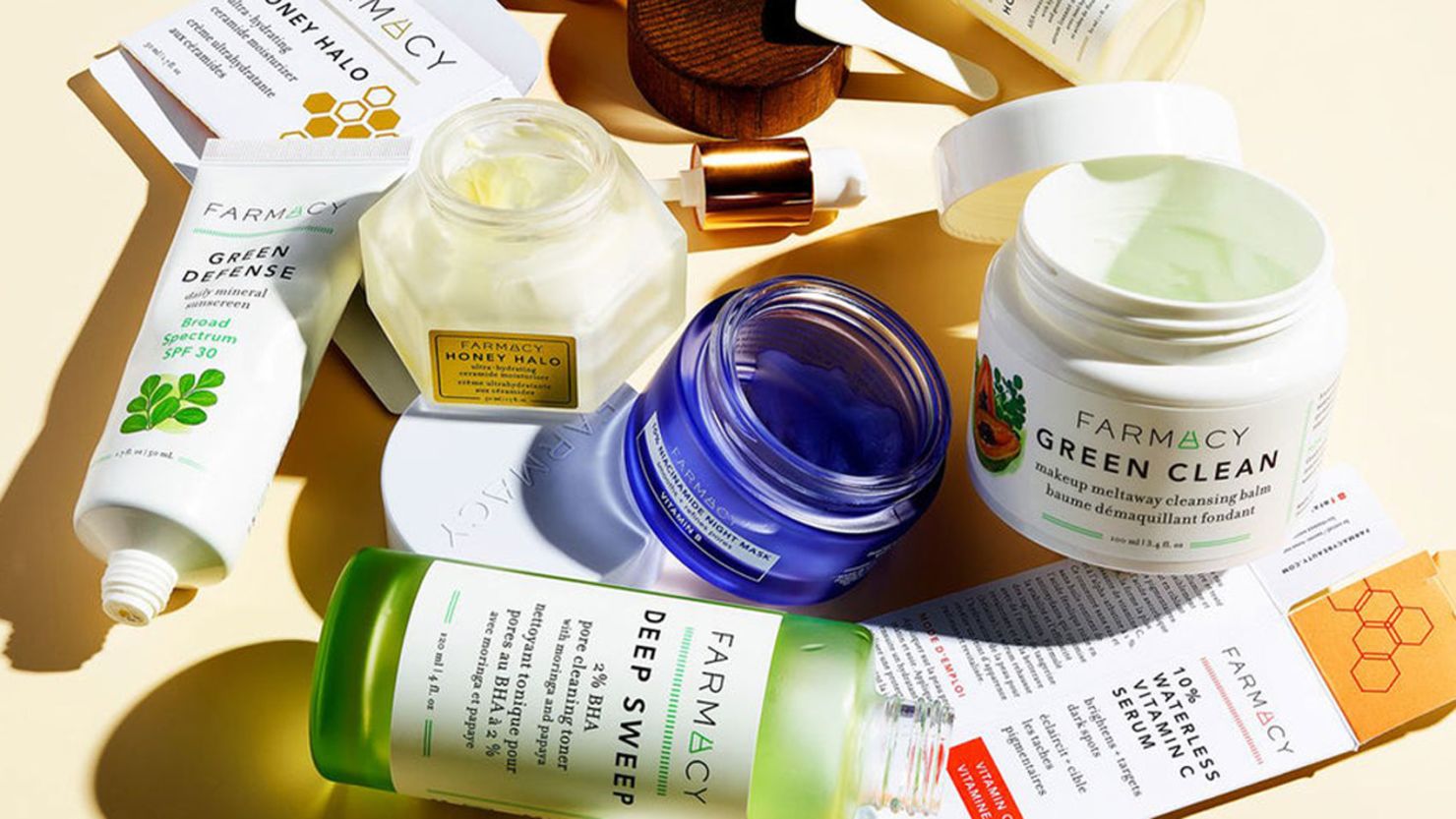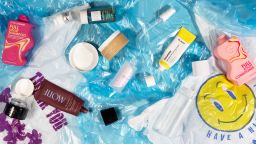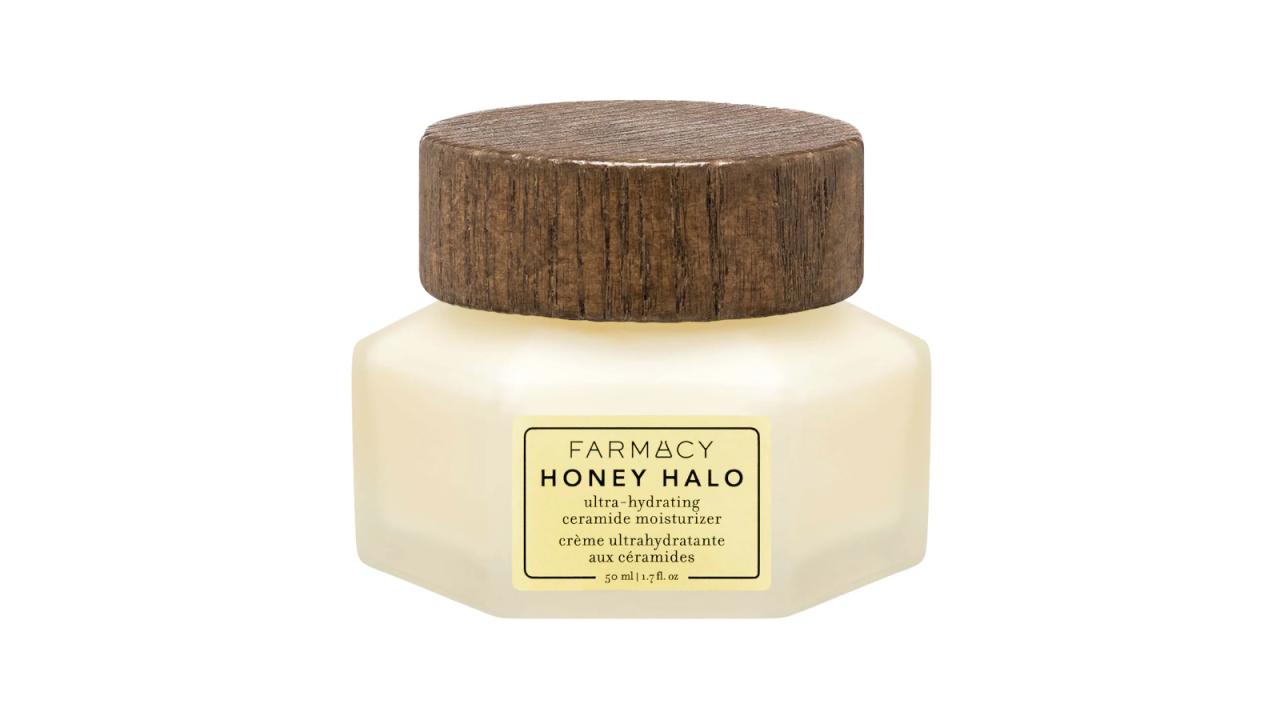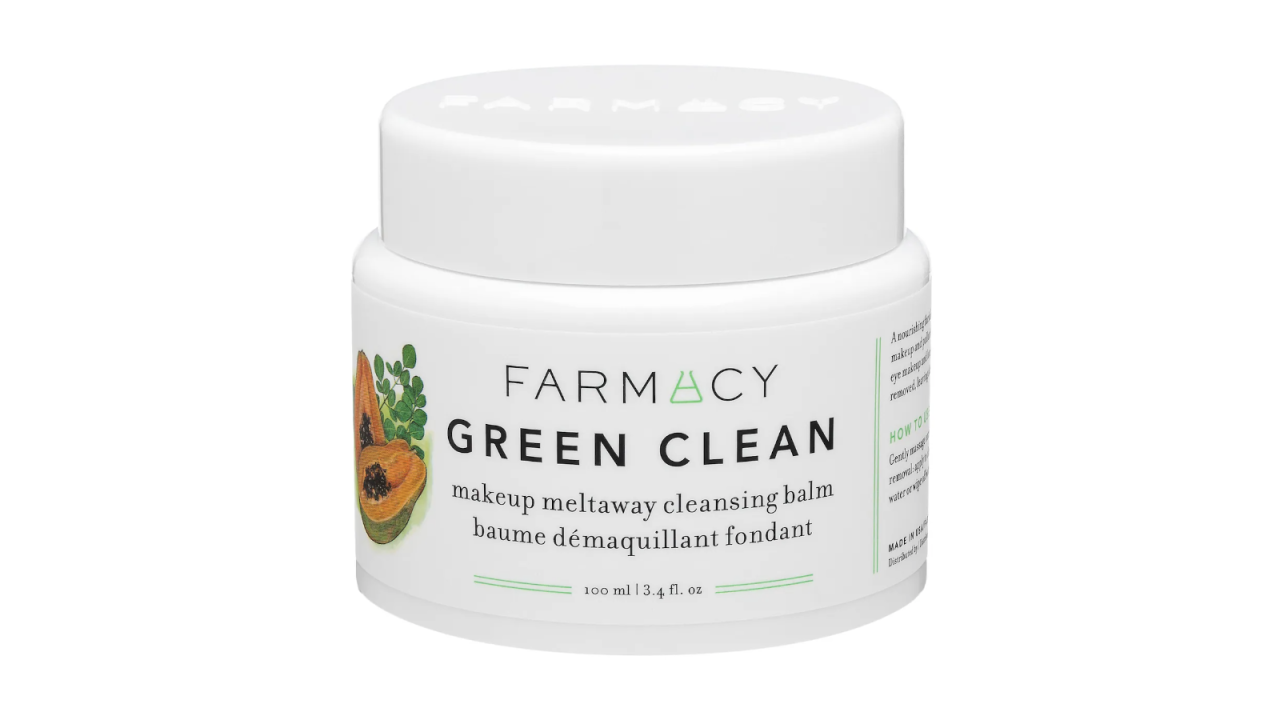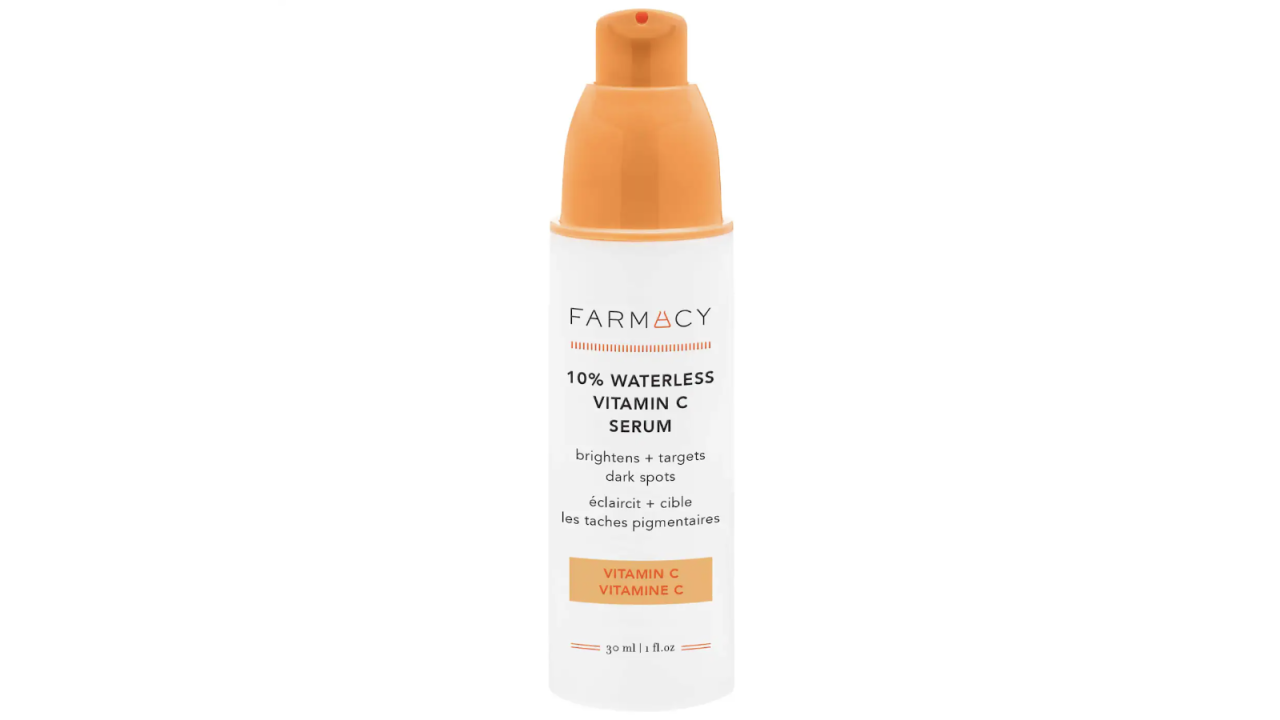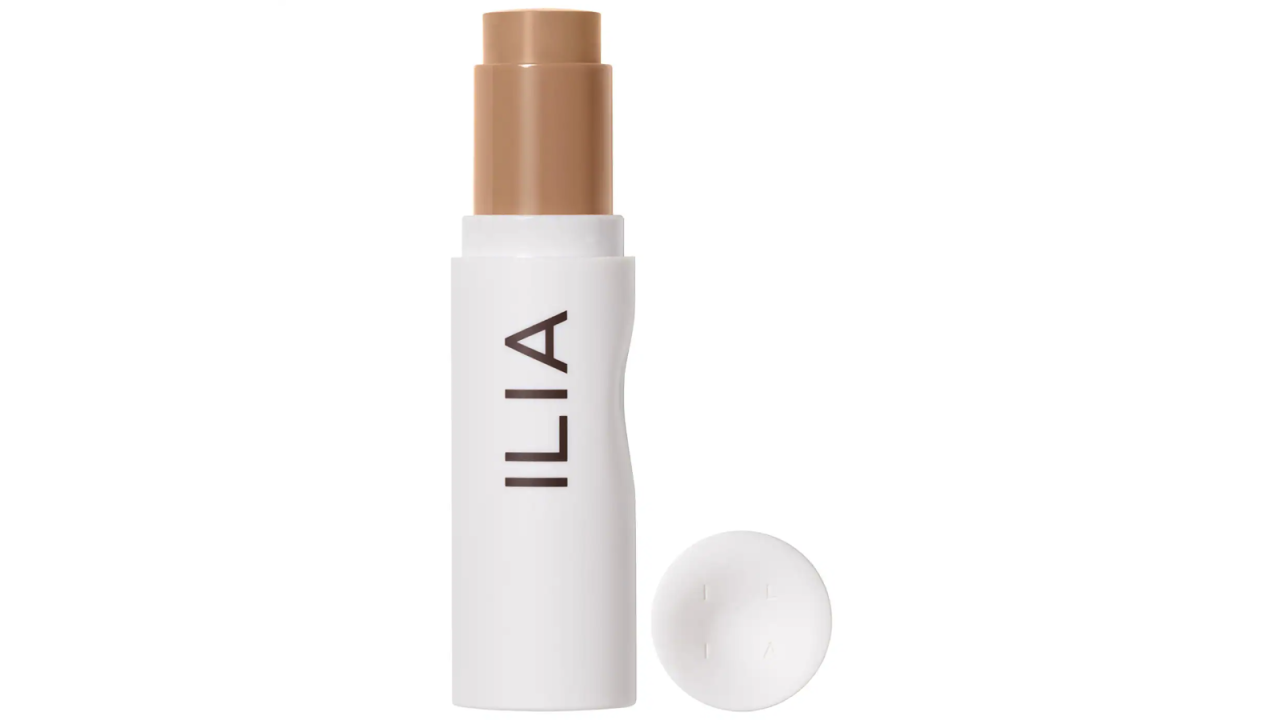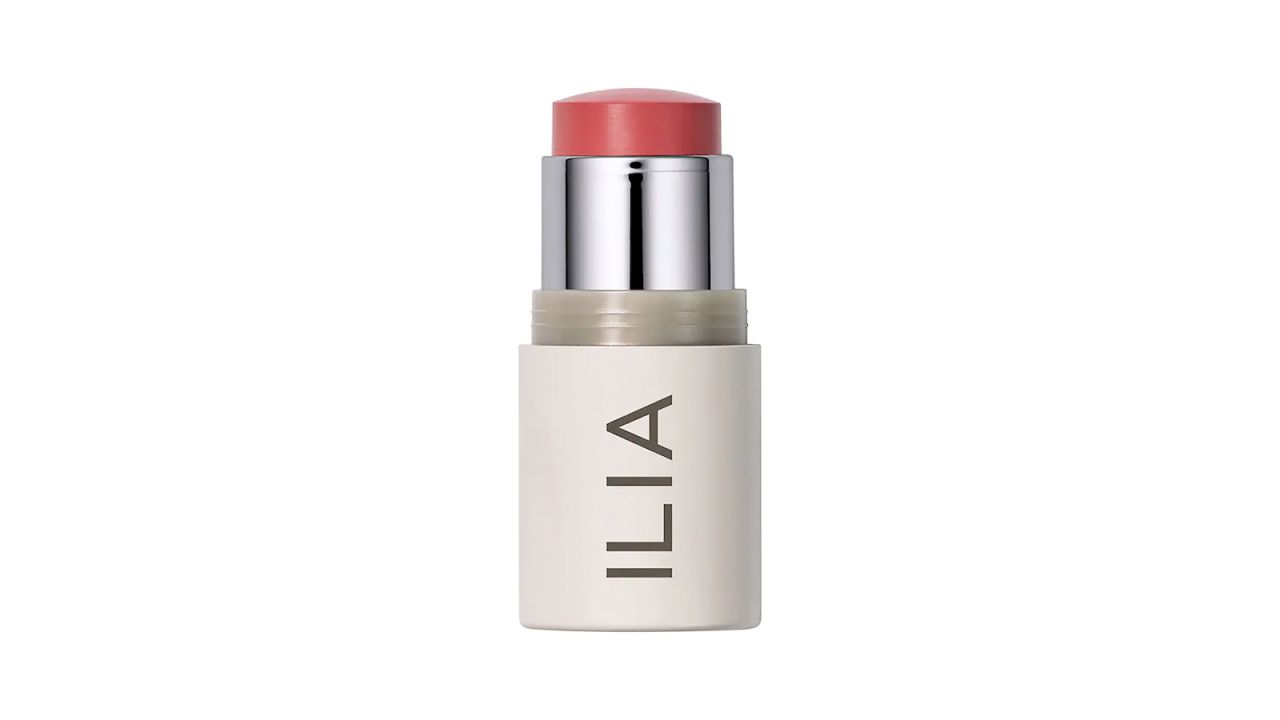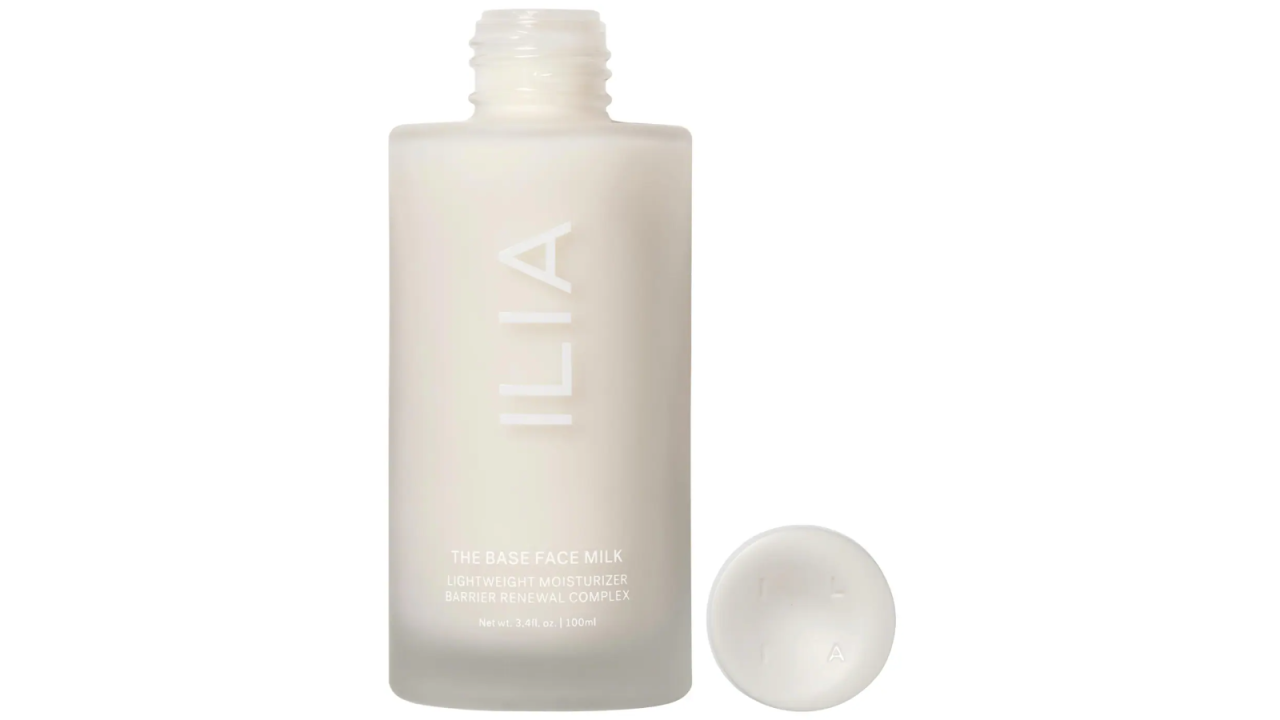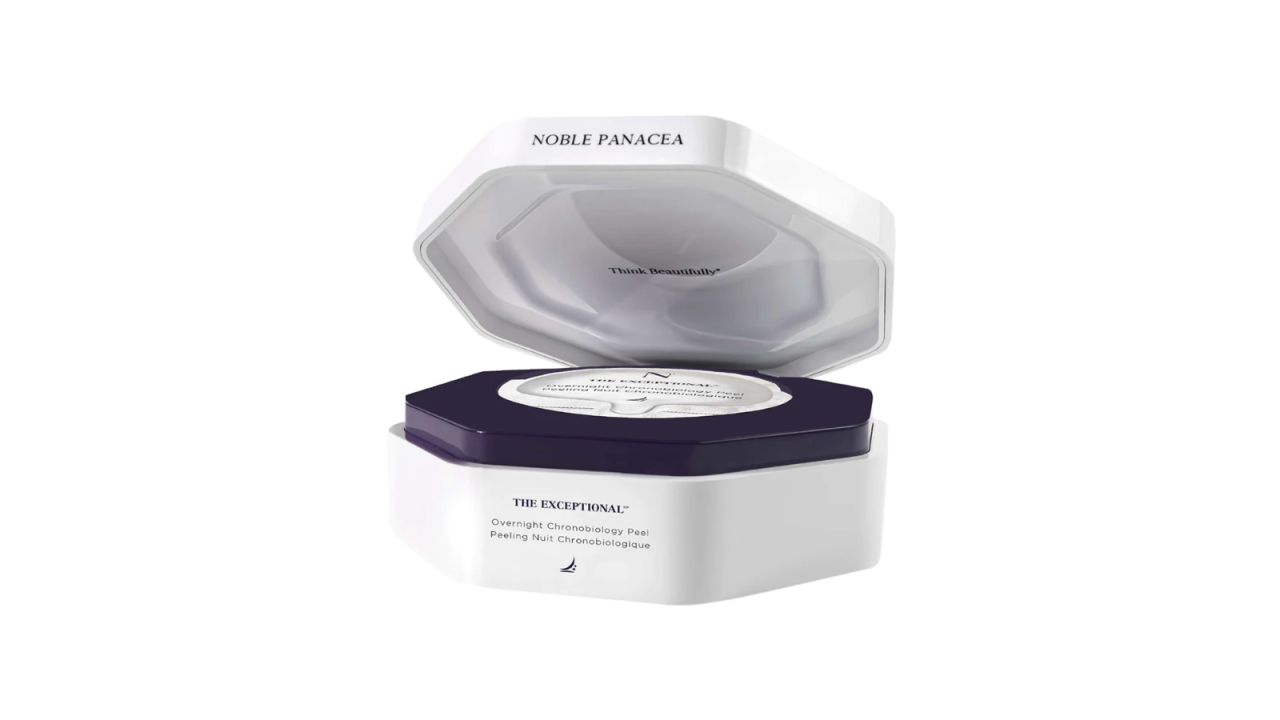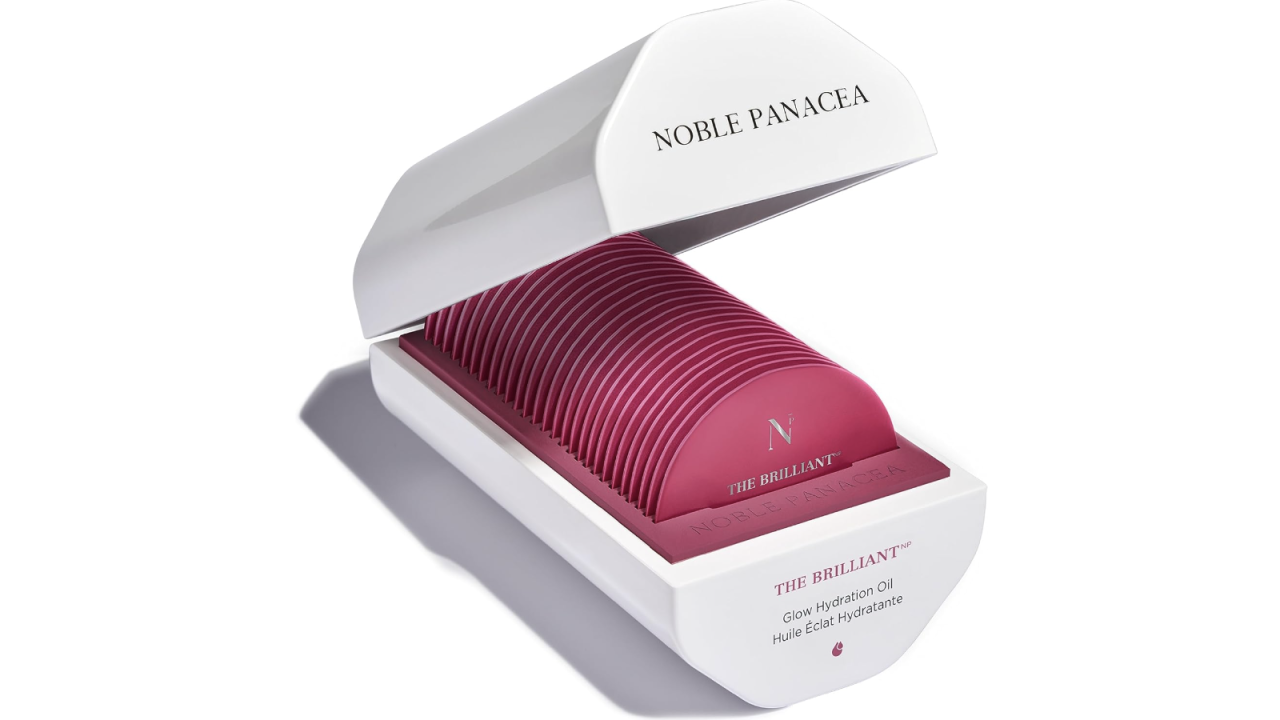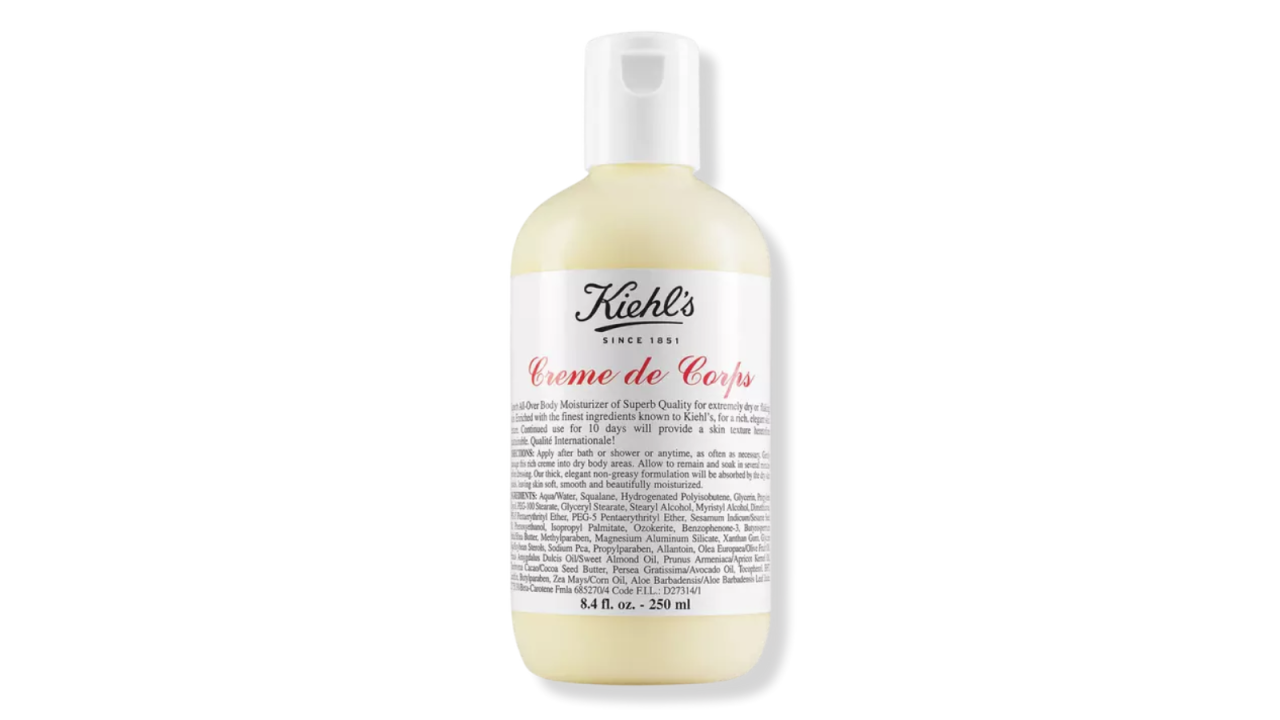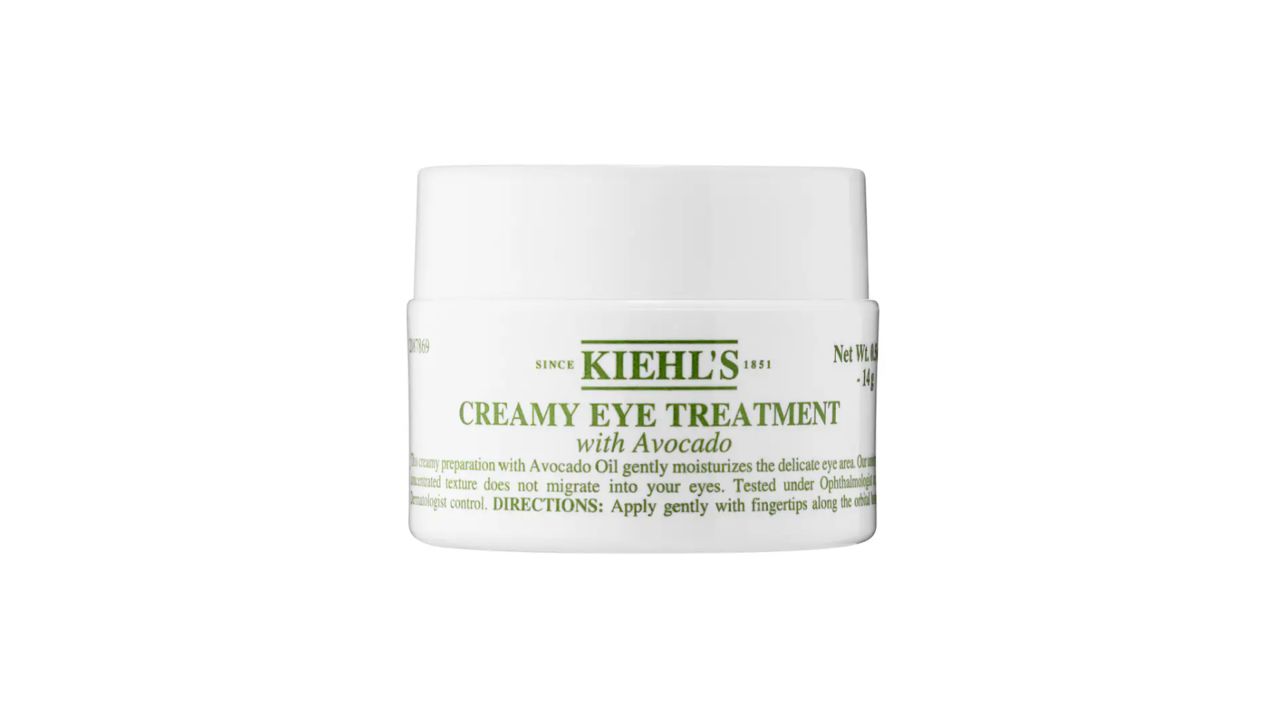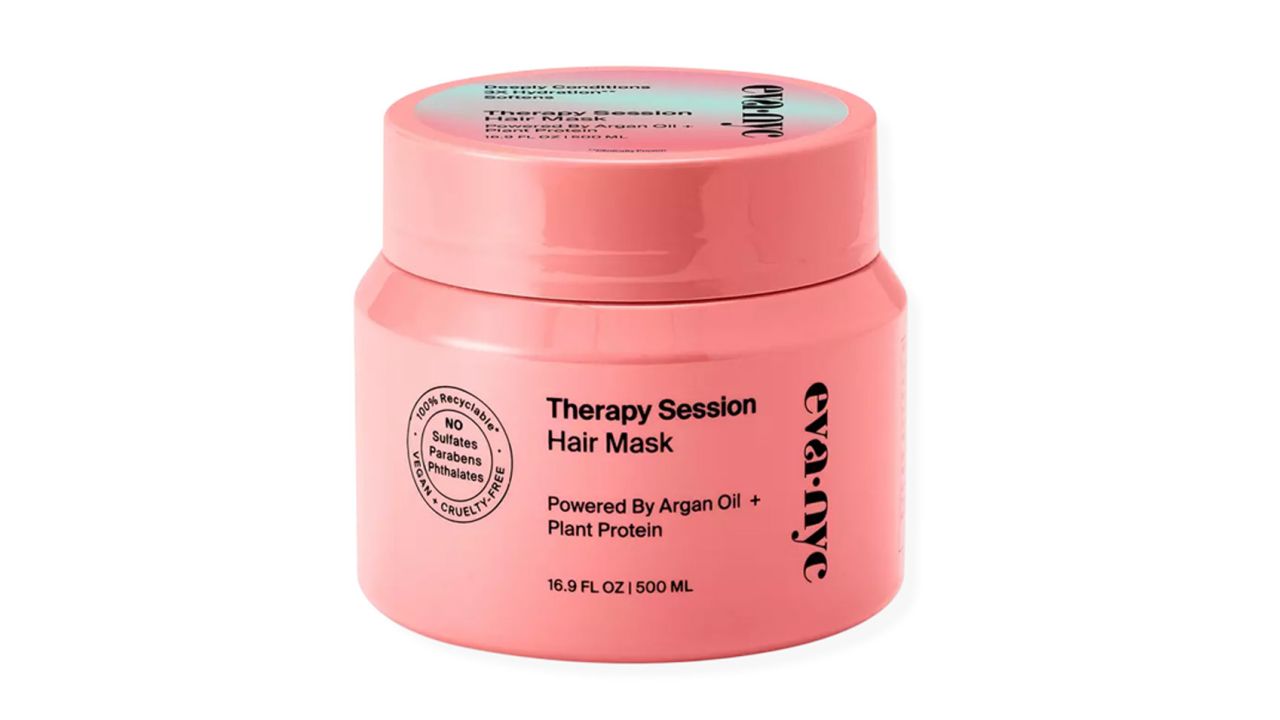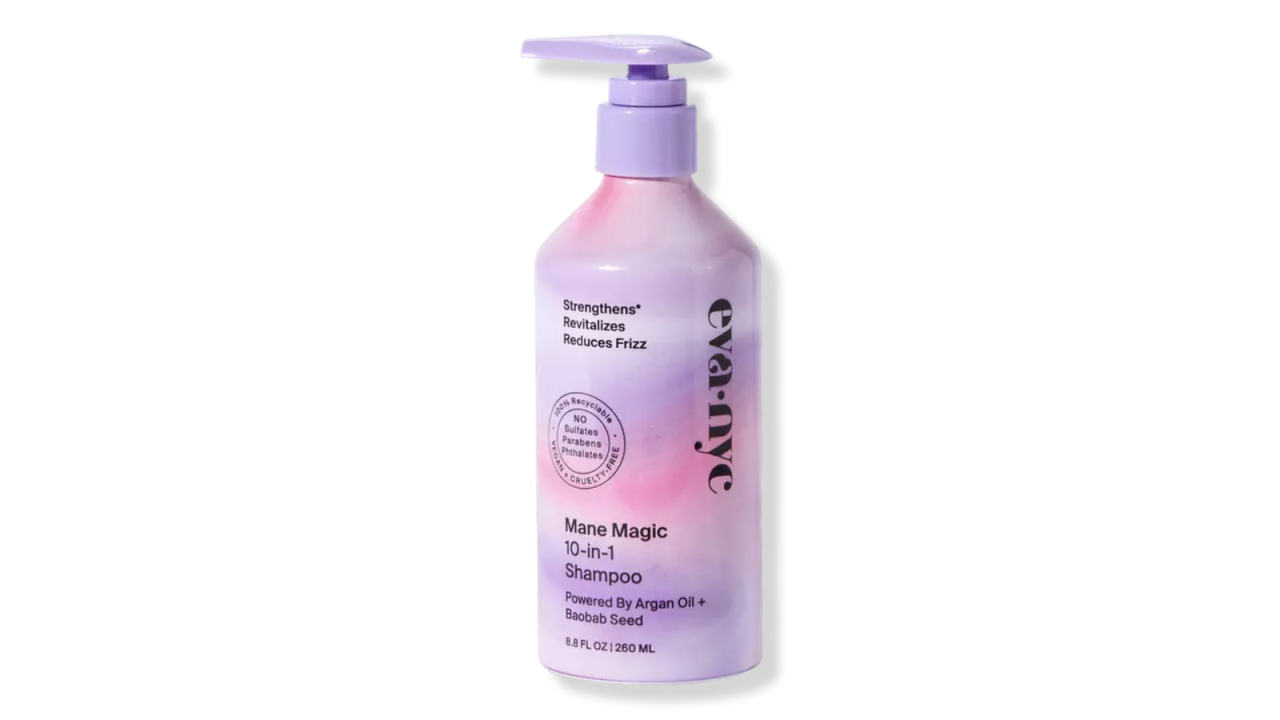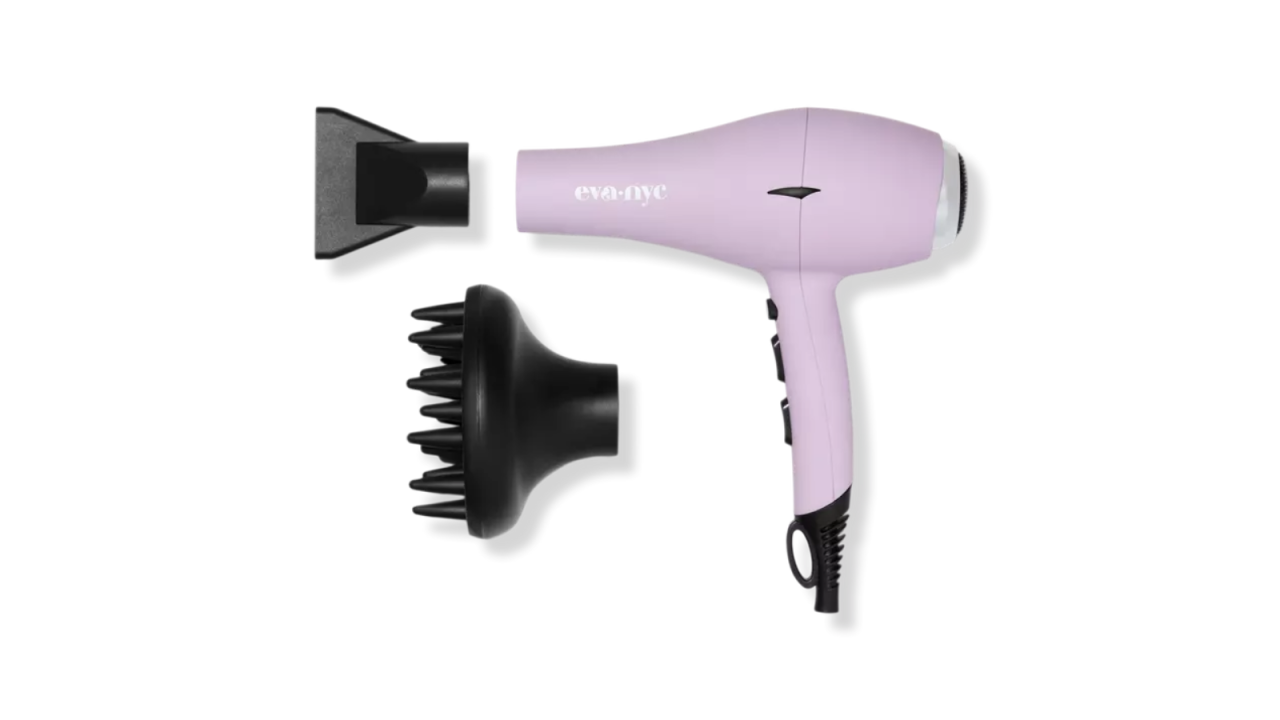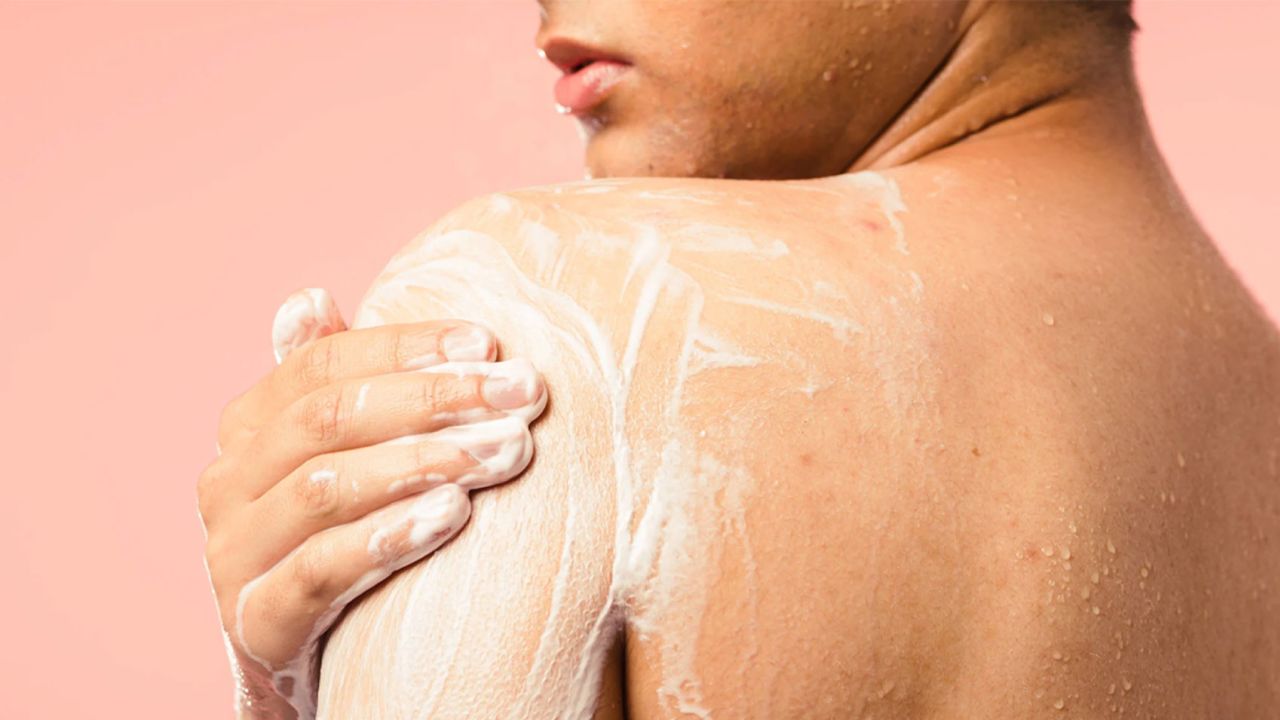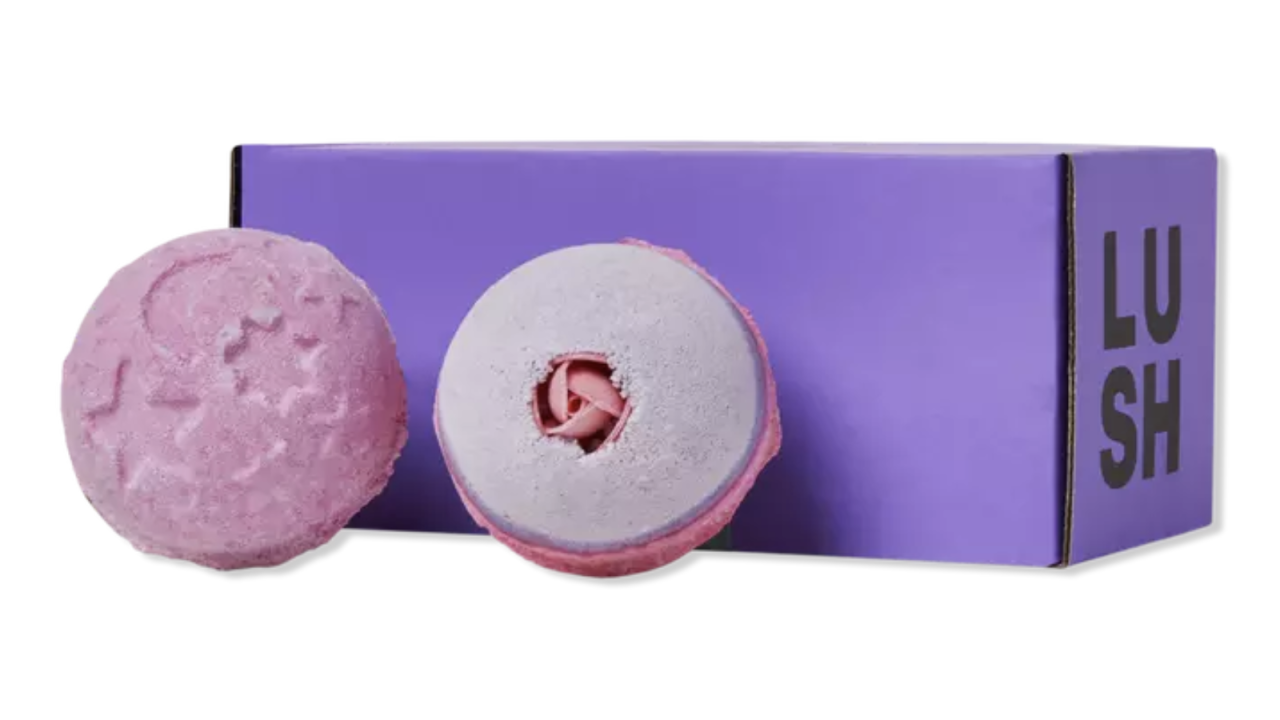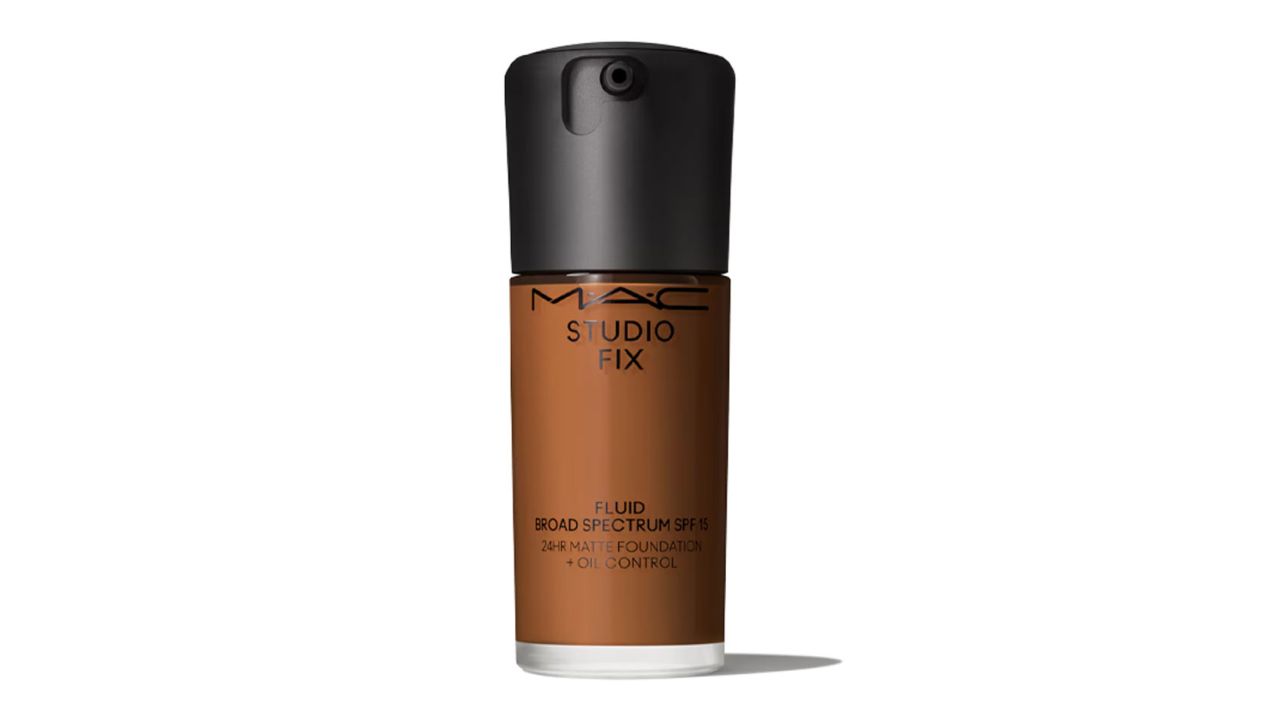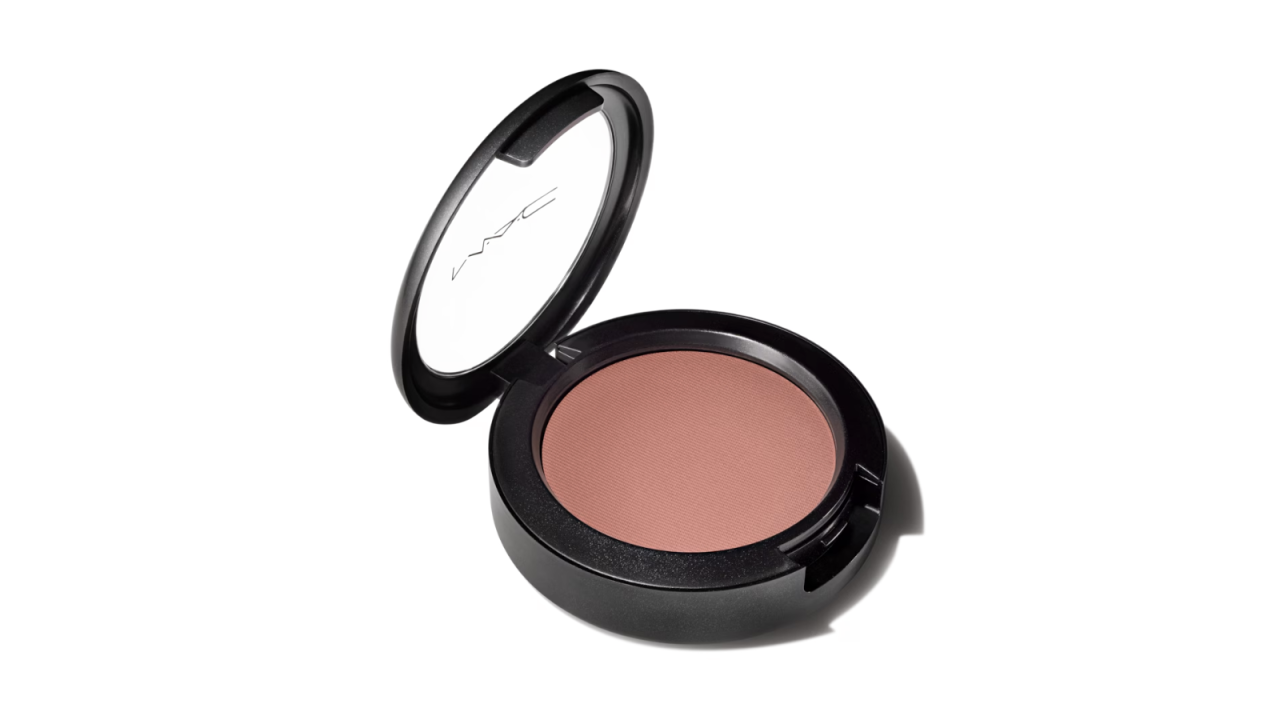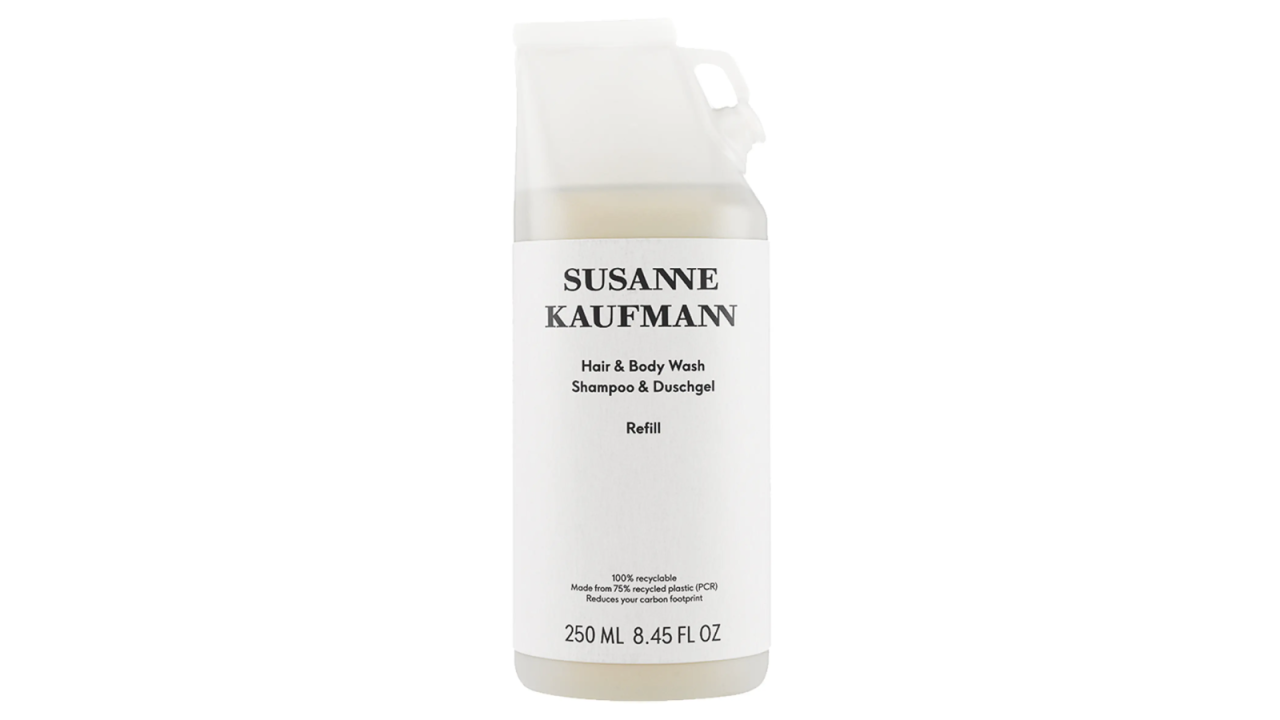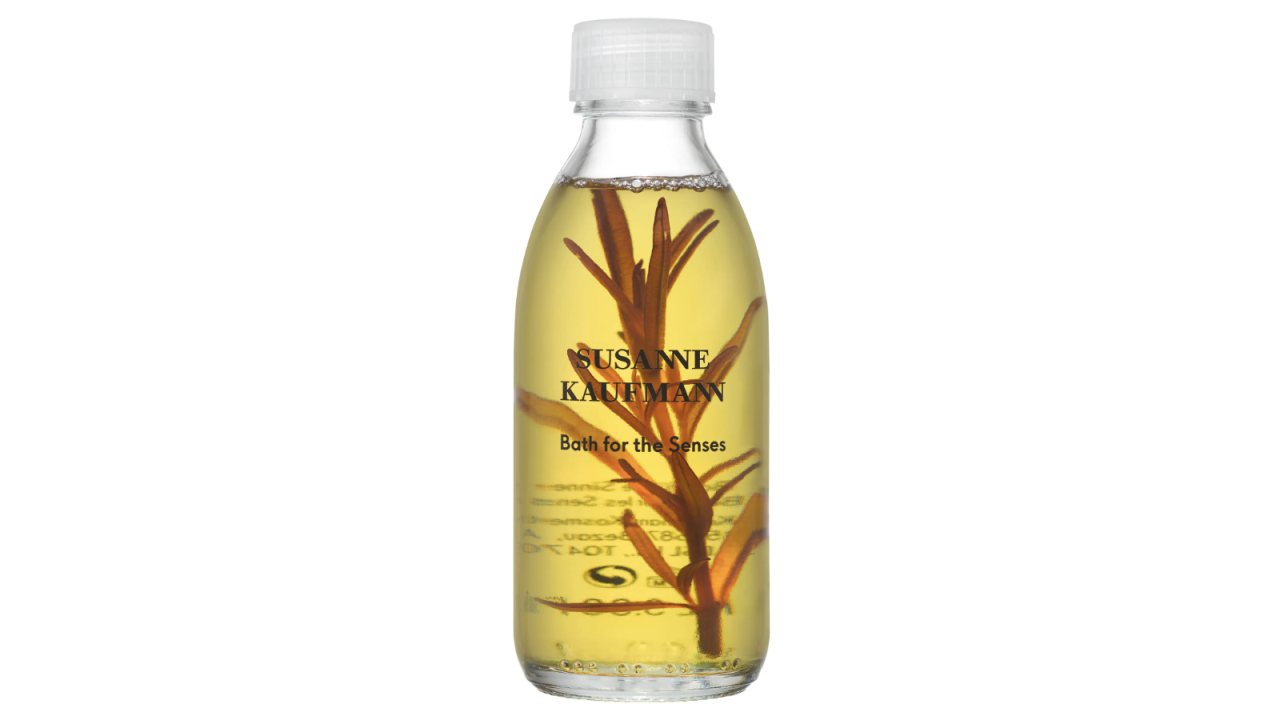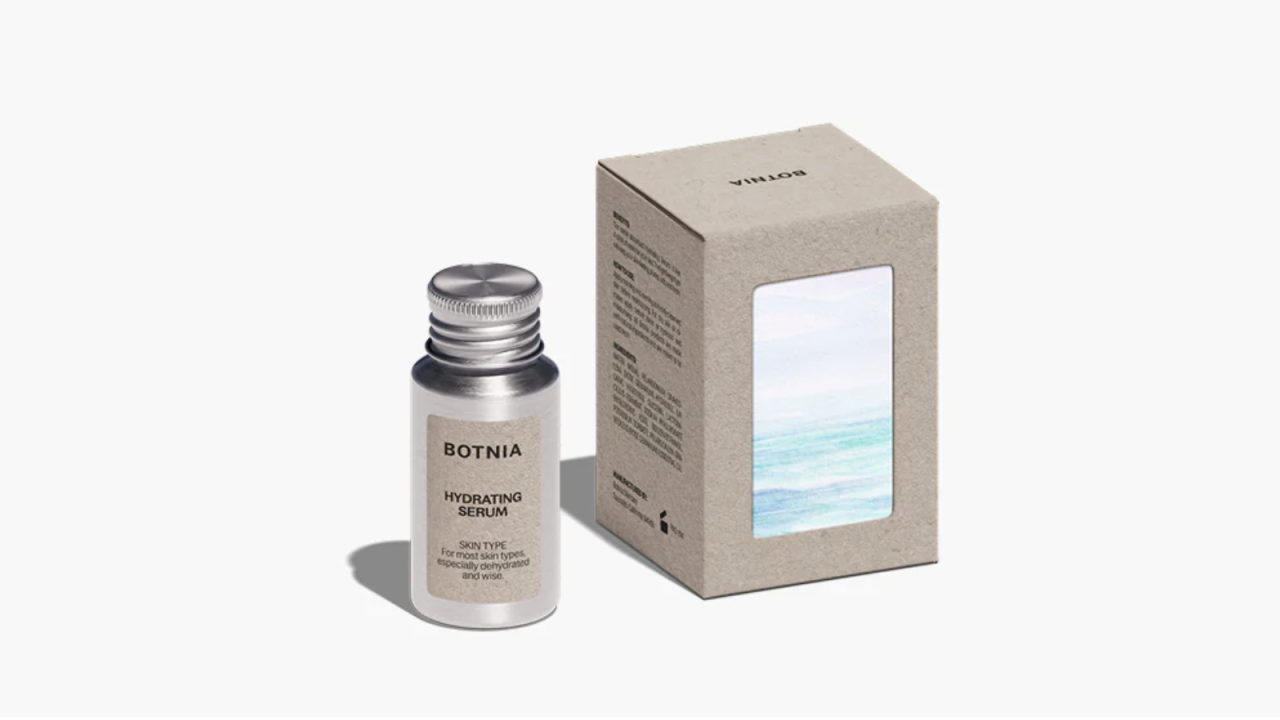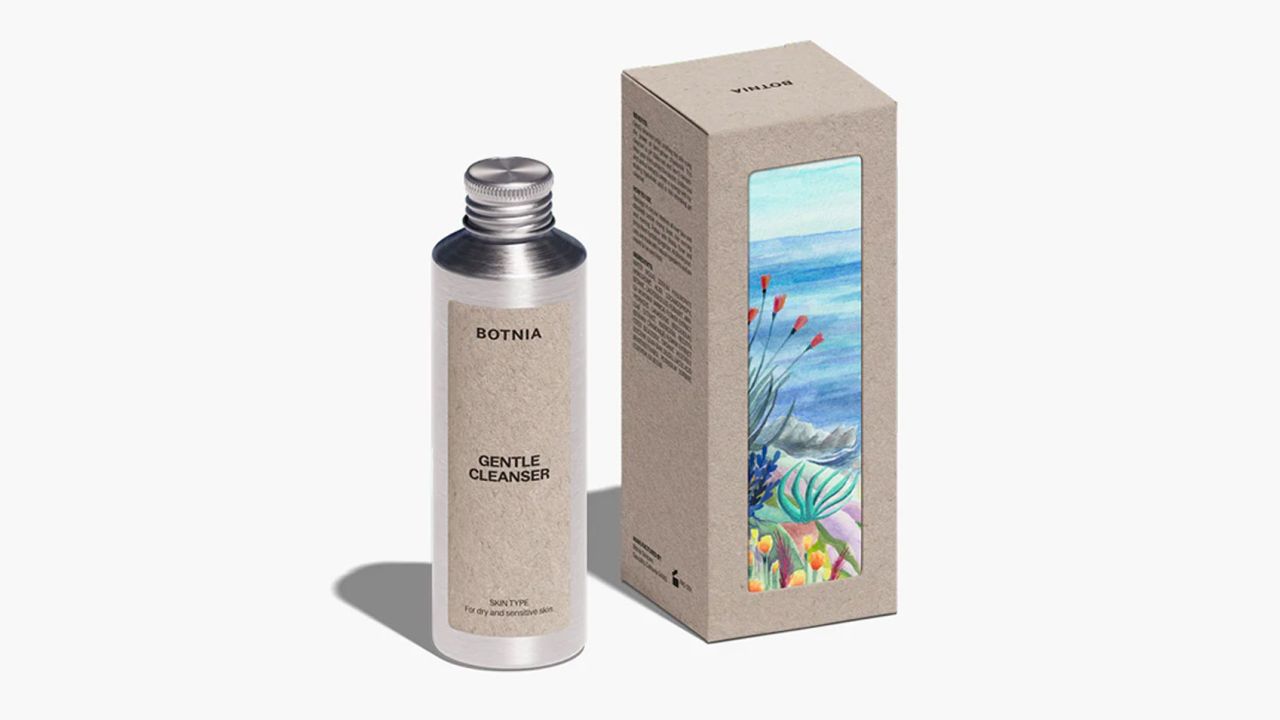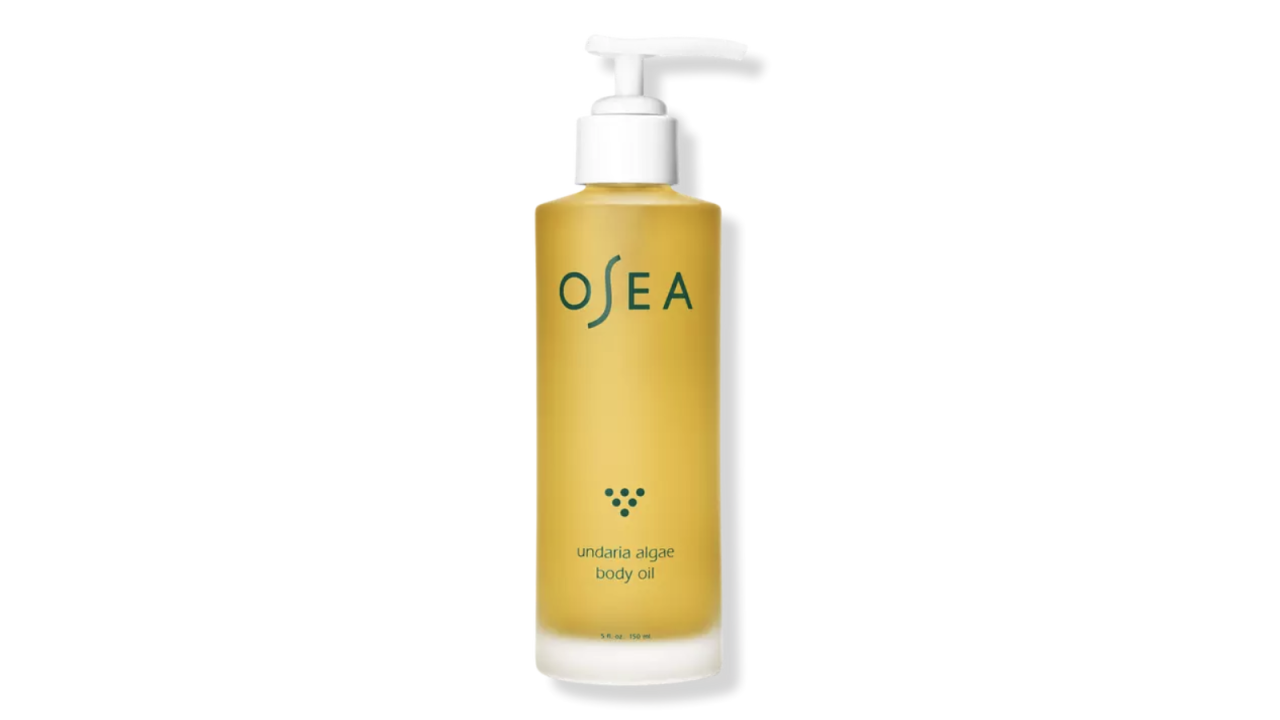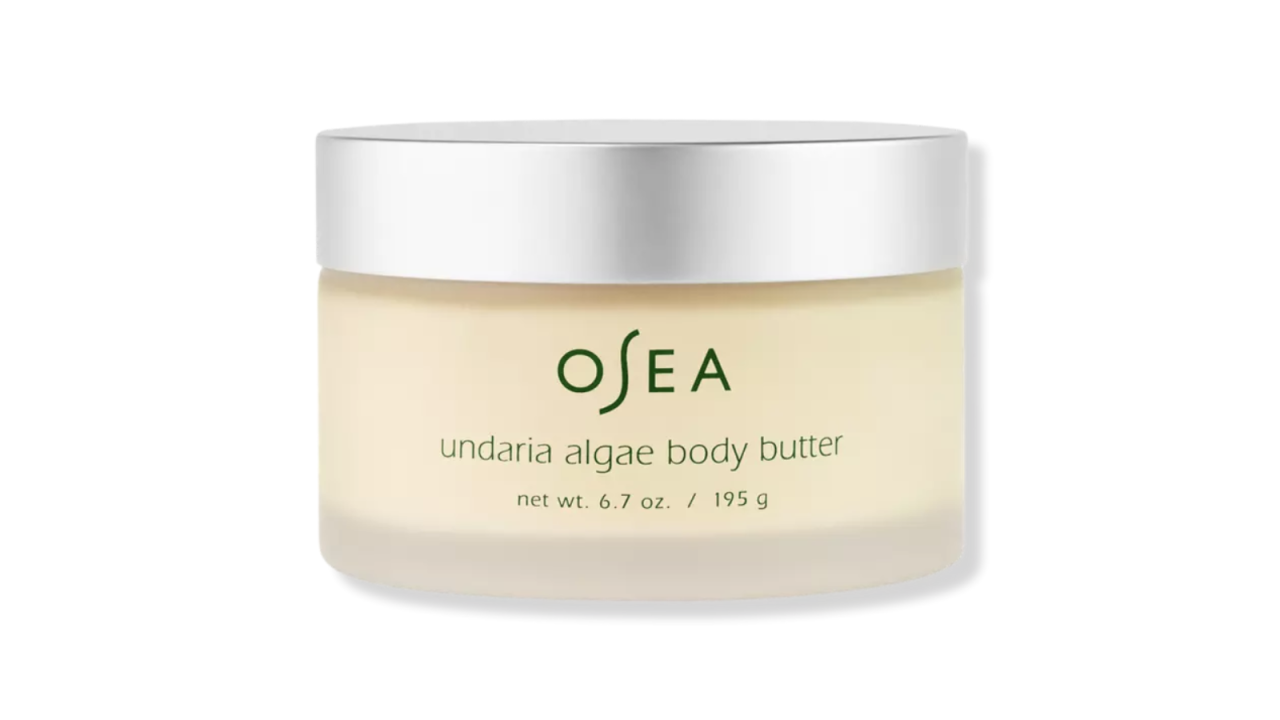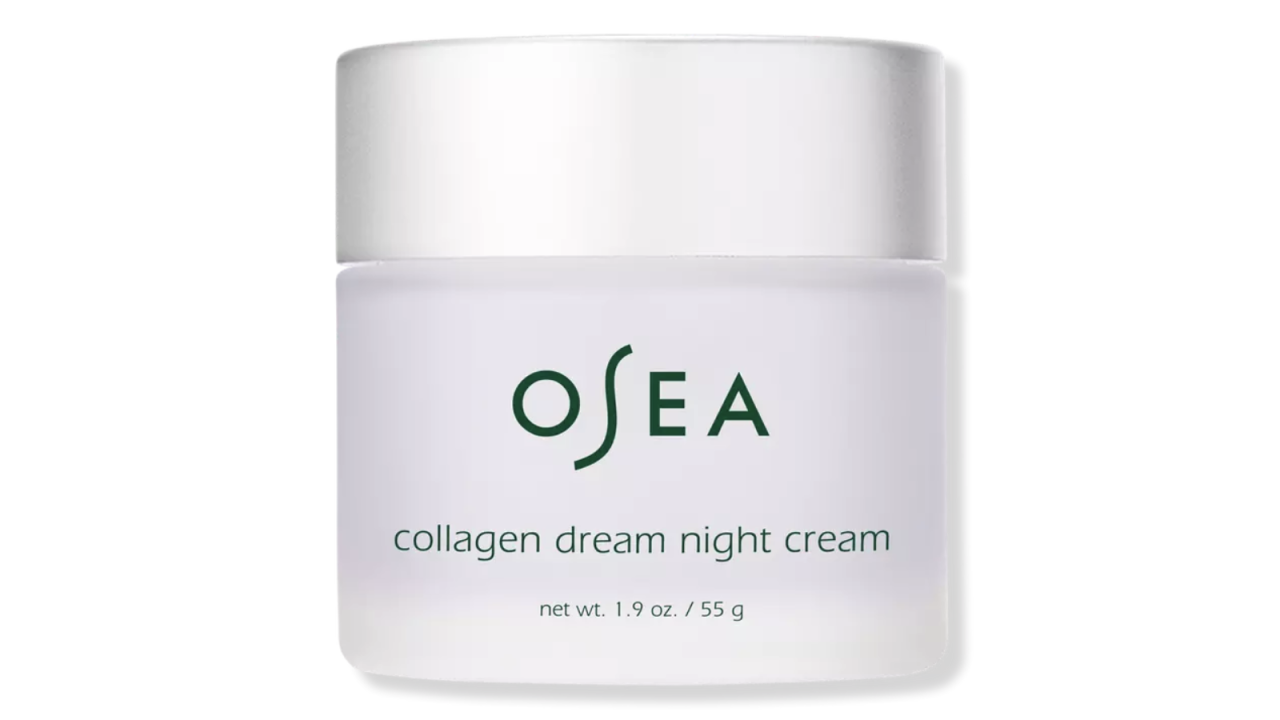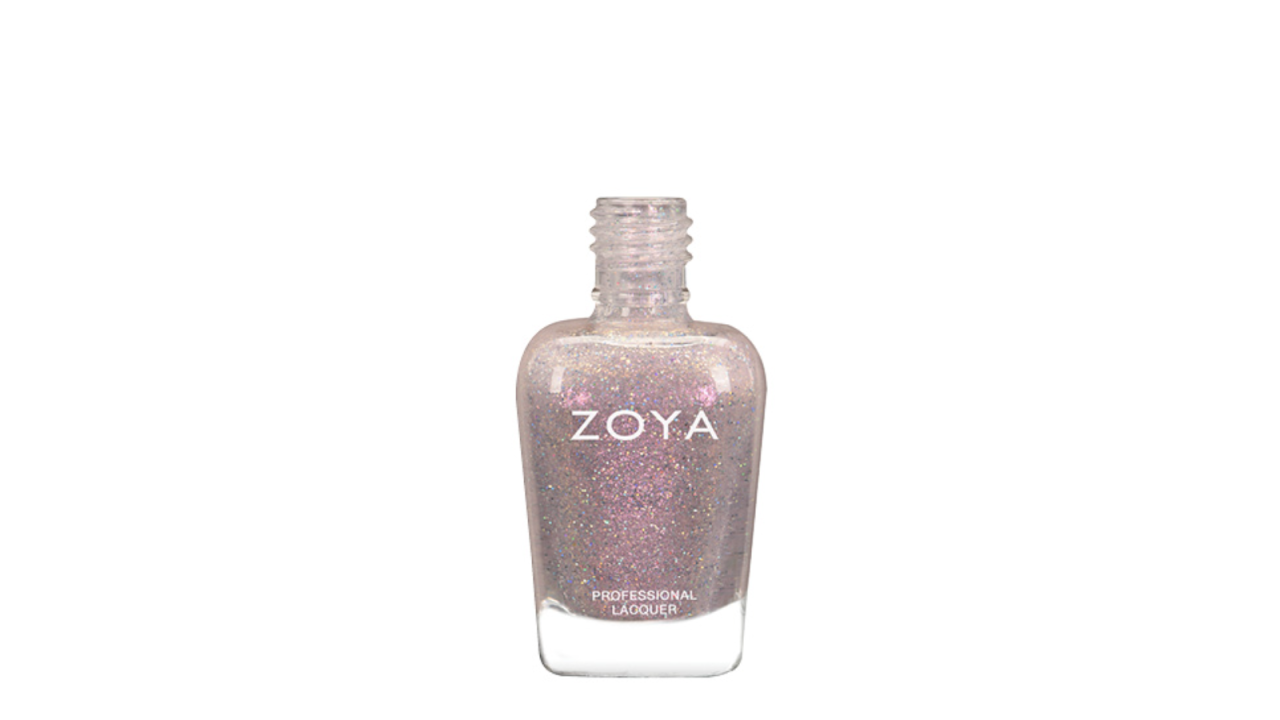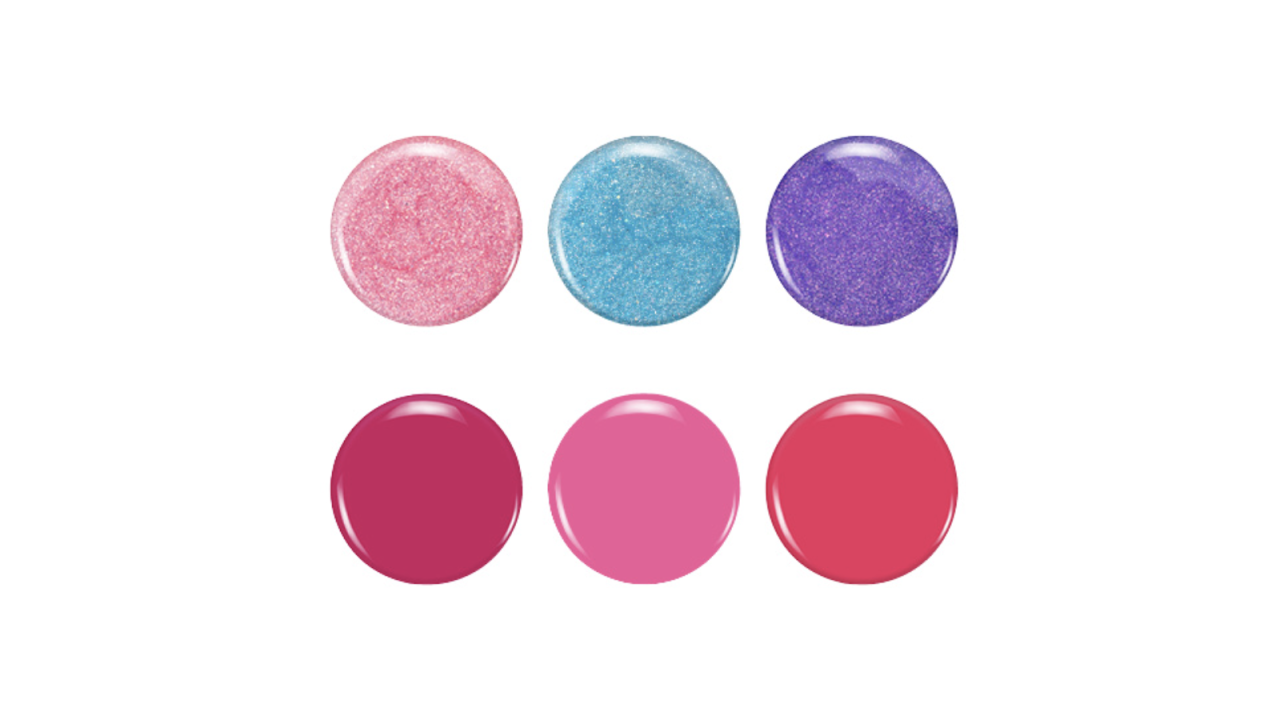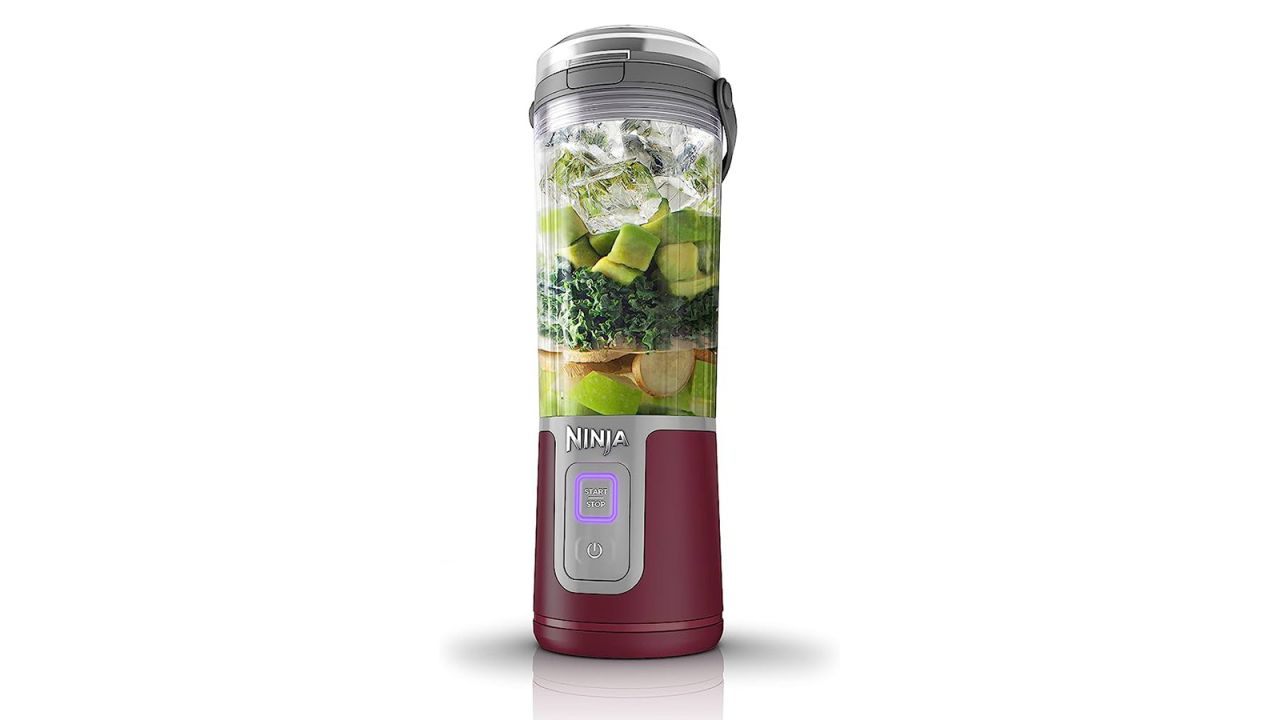It’s no secret that the beauty industry has an ugly waste problem — which is why beauty brands with recycling programs are combatting overconsumption and the negative effects of single-use plastics.
According to the most recent data from the Environmental Protection Agency (EPA), over 35 million tons of US plastic waste was generated in 2018 and only 8.7% of that was recycled (around 3 million tons). Beauty packaging, which is mostly comprised of single-use plastics, is a big contributor to this waste. Even worse, most packaging, even if it claims to be recyclable, doesn’t end up reincarnating as another pot of moisturizer or bottle of shampoo but ends up in landfills anyway.
But we’re not totally doomed. The beauty brands that are implementing postconsumer recycling programs are leading by example and helping reduce waste along the way.
TerraCycle, a recycling platform that partners with companies to help properly reuse preconsumer and postconsumer waste, has established recycling programs with over 140 brands across beauty, food, apparel and more. For cosmetics, most of these programs are free and consist of mailing your empty beauty bottles, tubs and tubes — and even the notoriously tricky bits to recycle like aerosols, pumps and flexible plastic — with a prepaid shipping label to TerraCycle, which will then clean and sort the empties to be recycled into raw materials that can be used for future products. Bliss, Burt’s Bees and Farmacy are just a few of the cosmetic companies that work with TerraCycle. Retailers like Nordstrom also work with the company to recycle beauty products, even if they weren’t originally purchased from them. Details may vary for each brand’s partnership, so check TerraCycle’s website for the specific guidelines.
Pact Collective is another organization that helps hard to recycle beauty packaging stay out of the landfill. Partnering with brands like Glow Recipe and Ilia, as well as clean beauty retailer Credo, Pact has over 150 members that collaborate with the company for empty mail-back programs and circular waste solutions. Several brands going above and beyond in their partnerships are highlighted in our roundup below too.
While there’s no perfect solution — the best for the environment is less production and consumption, after all — supporting brands making genuine efforts to minimize our collective environmental footprint is a good place to start. From luxury labels to indie brands to drugstore favorites, all levels of the beauty space are looking to make environmentally responsible changes by making recycling products more accessible to consumers. Ahead, hear from brand leaders spearheading these efforts and check out 11 beauty companies that are making it easier to be less wasteful.
Farmacy
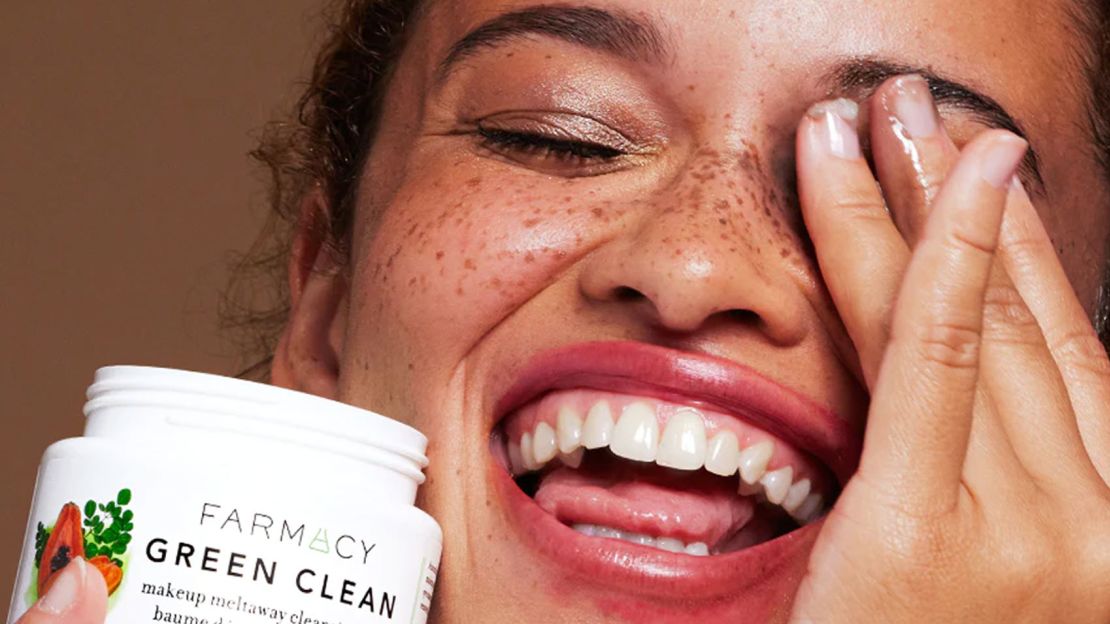
“Recycling can be confusing, which causes hurdles for the consumer,” Farmacy CEO Mina Chae says. “Our goal is to take the guesswork out for them.” The farm-to-face skin care brand provides a guide for how to recycle each of its products, some of which can be recycled directly through municipal systems, while others can be sent to TerraCycle with a prepaid label provided by Farmacy. Farmacy aims to have 100% waste-free packaging, meaning that it’s made from completely recycled materials that can then be recycled again.
This bestselling moisturizer gives a dewy finish while infusing the skin with ceramides and antioxidants. According to Farmacy’s recycling instructions, you can send the cap and spatula back to the brand and recycle the rest of the components.
Green Clean is one of my personal favorite cleansing balms. It has a silky consistency that melts away makeup and debris, and all components of the jar can be recycled together.
Chae says that this serum was able to be made fully recyclable “by using mono-material polypropylene (PP), which means that it’s not made from mixed materials and can easily be recycled as soon as the product is empty.”
Ilia
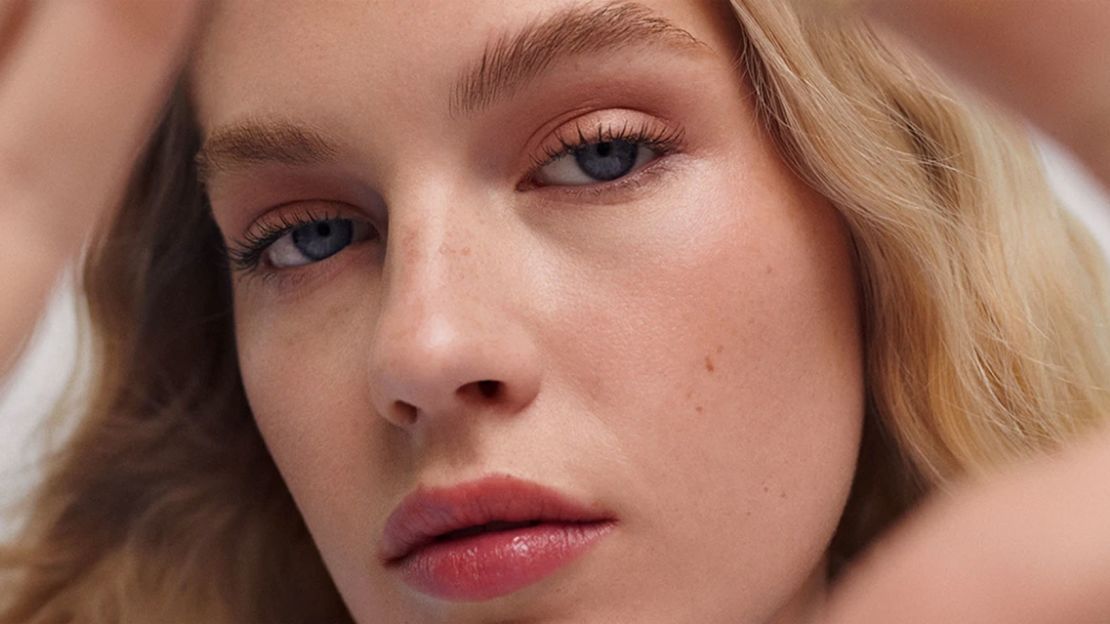
With the goal to “create clean makeup, from start to finish,” Ilia makes good on its promise by helping shoppers recycle their empties. Partnering with Pact Collective, you can mail back up to 10 empty beauty containers per month by filling out a form and printing a prepaid shipping label. Ilia is committed to cleaning up the beauty industry at large, so you can even mail in non-Ilia empties too.
This creamy complexion stick, available in 42 shades, gives a blurring effect while still letting your own skin shine through.
A multiuse makeup product that adds color to the cheeks and lips, this handy stick comes in a slew of shades that can be used as blush or highlighter.
This milky moisturizer is great for adding another layer of hydration between your toner and moisturizer steps. The calming formula includes hyaluronic acid and squalane.
Noble Panacea
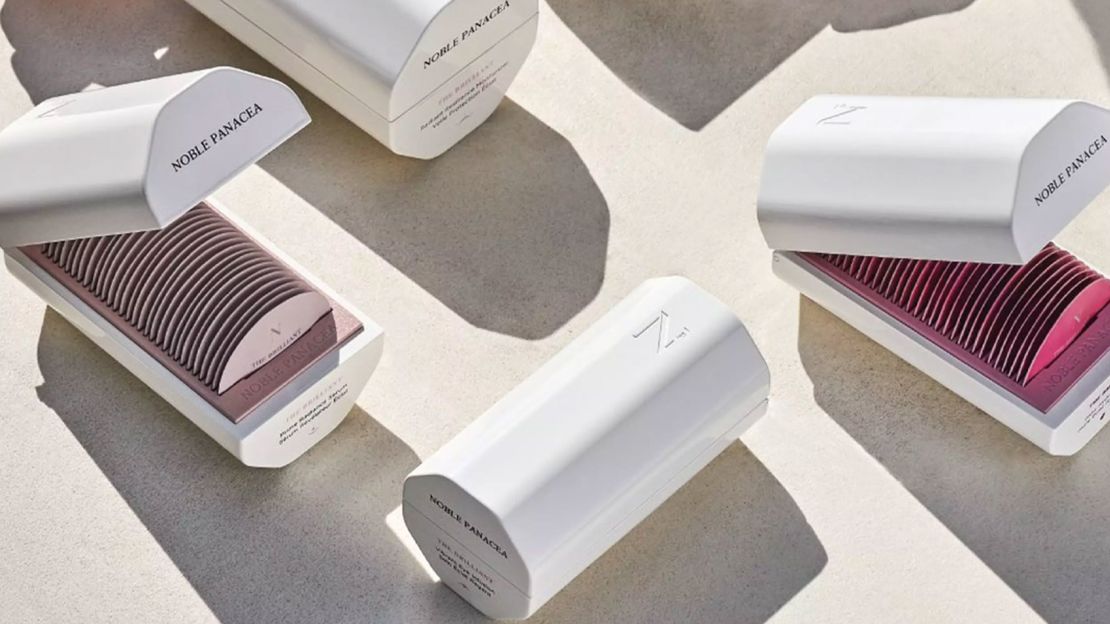
A leader in prestige beauty committed to preserving the planet’s well-being, Noble Panacea follows 12 pillars of green chemistry, and among these, plastic-free packaging and recyclable daily doses create a backbone. “[The brand’s founder] Sir Fraser [Stoddart] has spent his entire career dedicated to green chemistry, and skin care is a beautiful industry where you can get this technology to clients every day,” Noble Panacea CEO Céline Talabaza says. “To respect the scope of his work, we knew that if we launched a brand, it had to be sustainable.”
Also available at Amazon and luxury retailers, its products come in a unique packaging system centered around a starch-based case that holds 30 daily doses, each of which are made from FSC-certified paper and are 100% recyclable through Noble Panacea’s partnership with TerraCycle. “My team is focusing on the design and making sure that we are innovative and sustainable while remaining luxurious,” Talabaza says.
To streamline the process, the brand provides an envelope to store the empty doses in until you’re ready to mail them back to Noble Panacea. It takes care of the postage cost and the trouble of recycling the materials, then you can refill your reusable case with another set of 30 daily doses for a seamless and sustainable experience.
This overnight beauty treatment was developed to work with the body’s circadian rhythm. The peel works as you sleep, delivering the active ingredients to optimize cellular turnover and smooth the skin.
Made with the brand’s OSMV encapsulation technology, this face oil is able to maximize ingredient potency and freshness. It delivers hyaluronic acid along with a slew of nourishing botanical extracts and oils.?
Kiehl’s
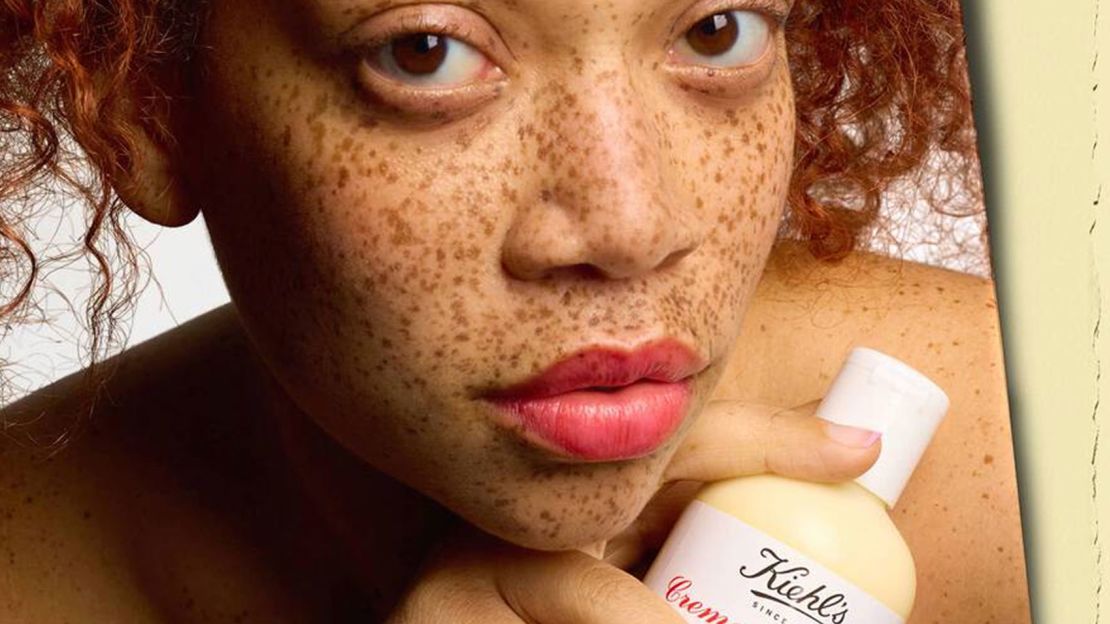
Kiehl’s has a rewards program where you can rack up points by bringing Kiehl’s empties back to its stores for recycling. Each used container is worth 10 points, and you can redeem your points for rewards like products, services and more.
Several of the cult-favorite brand’s hero body and hair care products are also available in 1-liter refill pouches to help prolong the life span of its standard bottles. These refills will also earn you 10 rewards points.
This nourishing body butter is worth buying in bulk. Extend the life of the primary packaging by refilling the bottle or remember to return it to a Kiehl’s store to get a rewards points.
Kiehl’s bestselling eye cream feels rich and creamy, making it a great option for smoothing and moisturizing dry under-eyes.
Housed in a glass bottle that can go in your household recycling (just remember to separate it from the dropper), this dreamy face oil features calming lavender essential oil and evening primrose oil to replenish the skin overnight.
Eva NYC
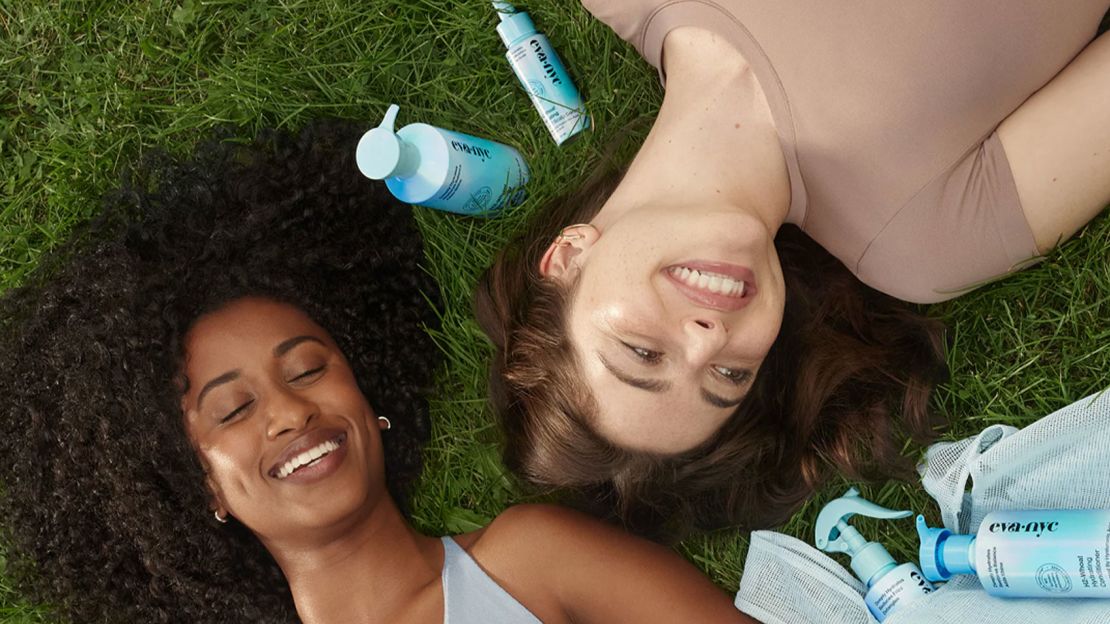
Hair tools are tricky to dispose of responsibly because of their complex components, but Eva NYC partnered with TerraCycle to make it easy for consumers. Through the hair tools recycling program, you can get a free shipping label to send TerraCycle old hair dryers, curling irons and more (from any brand) and they’ll take care of the rest.
Eva NYC has also moved toward using aluminum packaging whenever possible, which you can rinse and throw in your household recycling. For the products that don’t use aluminum, Eva NYC has another TerraCycle program for the brand’s other packaging such as tubes, bottles, pumps and tinted glass.
This fan-favorite hair mask conditions and smoothes the hair with a jojoba- and argan oil-infused formula. The generous-sized jar is made out of 97% recycled plastic.
Boosting strength and softness, this sulfate-free shampoo comes in an infinitely recyclable aluminum bottle.
A cute addition to a hairstyling routine, this lavender hair dryer is lightweight and comes with concentrator and diffuser attachments.
Lush
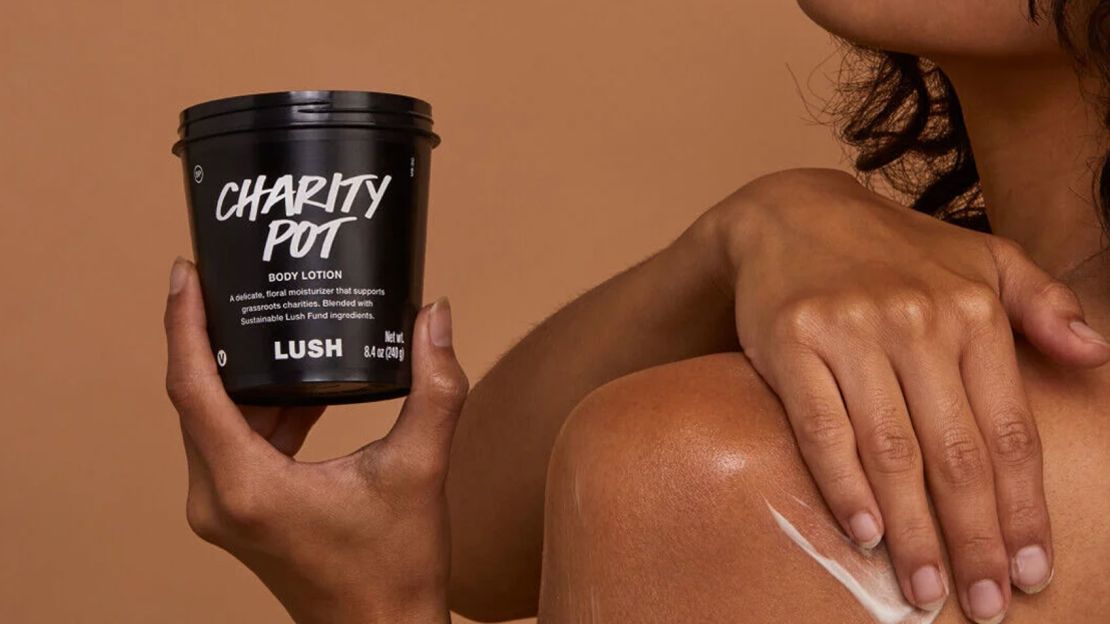
It’s no secret that Lush’s fragrant, candy-colored bath products make sudsing up more fun, and luckily, they come guilt-free. The brand’s signature black pots are made from 100% postconsumer recycled plastic and can be reused and recycled at home or returned to a Lush store for recycling. If you return a clean, empty pot, you get $1 off your next purchase, and if you bring back five empty pots to a Lush location, you get a free face mask.
Ashlee Piper, sustainability expert and author of “Give a Sh*t: Do Good. Live Better. Save the Planet,” gives Lush her stamp of approval. “I have been to their factories multiple times in both Canada and the UK to see how they make good on their container recycling commitments,” she shares. “Their iconic black pots are easy to recycle, and I love how they’ve been out in front of this before there was even consumer demand.”
The cleansing body scrub is scented with lavender and leaves skin feeling soft and smooth. It gently exfoliates with natural ingredients like bamboo stem extract and tagua nut powder.
From bath bombs to lotion bars, Lush offers plenty of package-free products that cut down on waste. When you get this set of two bath bombs from Ulta — which makes a great gift — they come in a recyclable box.
MAC Cosmetics
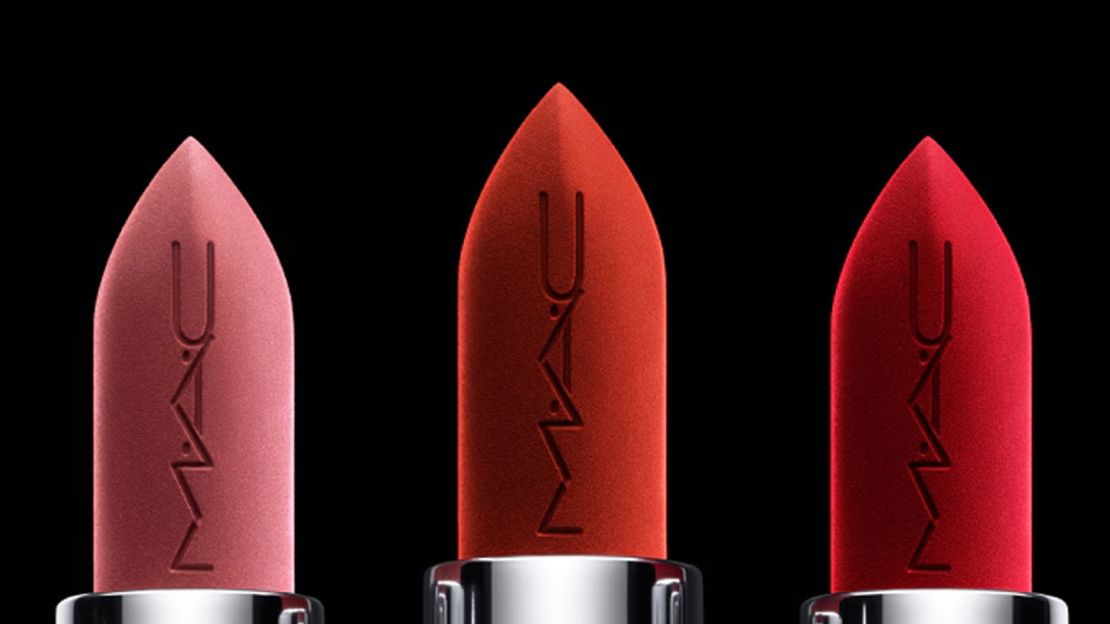
MAC Cosmetics’ Back 2 MAC program makes circular strides in its packaging production. You can either return your qualifying empties to a participating store or fill up a box and mail them to the company. MAC then takes the recyclable components and processes them to be made into new materials or packaging.
This new formula gives matte, medium to full coverage in 67 shades. The SPF 15 is an added bonus for the oil-controlling formula.
This powder blush provides buildable color. With 13 shades, you can use some to sculpt, others to add warmth and any to create a natural-looking flush.
With iconic colors (Ruby Woo, we love you) and a velvety-soft yet completely matte formula, this lipstick packs in the pigment.
Susanne Kaufmann
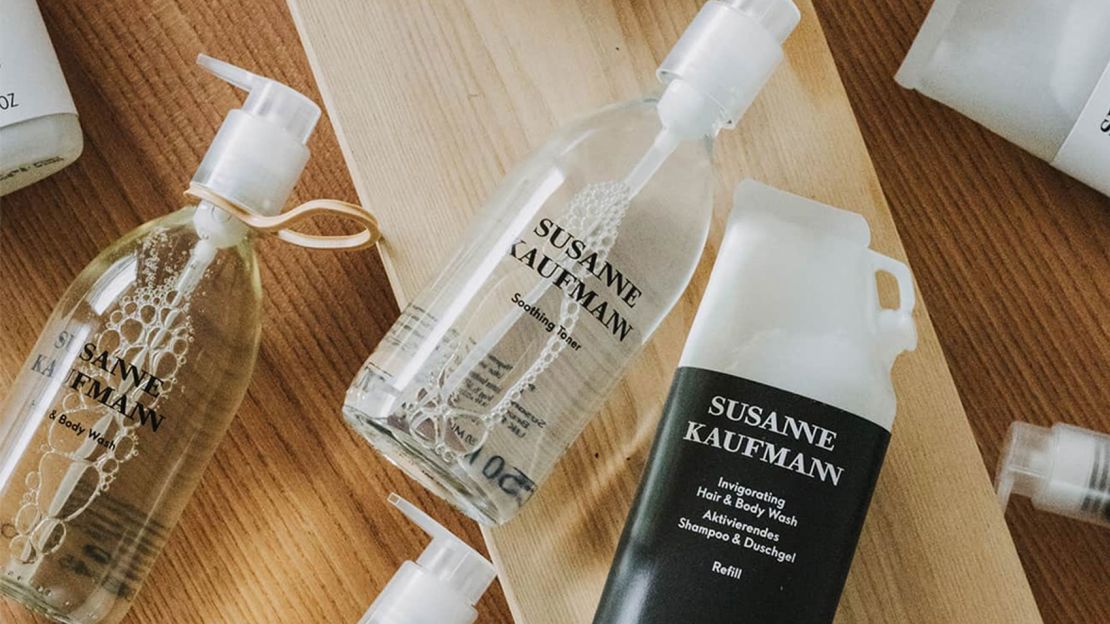
Susanne Kaufmann’s nature-powered beauty line, available at Nordstrom and Bloomingdale’s, is kind to the skin and planet. The brand launched 100% recyclable refill bottles for three of its bestselling cleansing products: the Hair & Body Wash, Hand Soap and Purifying Cleansing Gel. “Each recyclable refill not only helps reduce waste to landfill but also cuts carbon emissions by 69%,” founder Susanne Kaufmann says. “Our recyclable refills help the demand of conscious consumers while sharing the responsibility to protect our planet.”
A mild cleanser, this gentle formula features an herbal complex and other natural ingredients that help balance the body and hair. The refill jug is made of 75% postconsumer plastic.
Susanne Kaufmann’s clear glass bottles give an apothecary feel to the products, which can be recycled in your household recycling. This bath soak promotes relaxation with ylang-ylang, patchouli and lavender.
Botnia
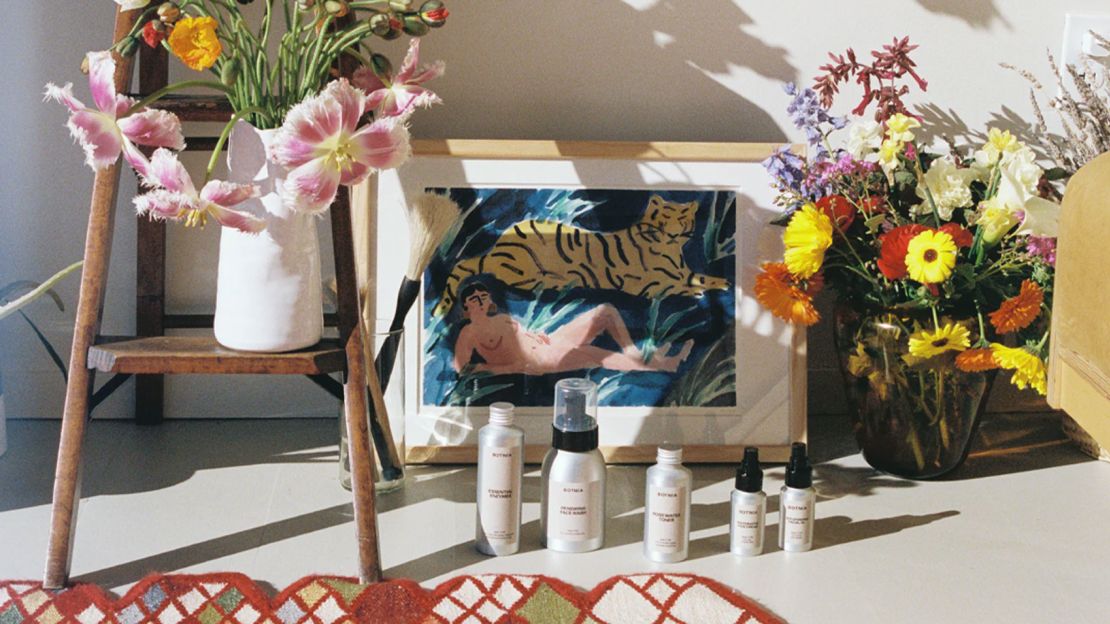
A small-batch skin care brand with big ideas, Botnia makes organic formulas in-house at its California headquarters. With its own organic microfarm and lab, each product is carefully crafted.
“In a market flooded with disposable options, Botnia distinguishes itself by offering a line of beauty products that aren’t just effective — they’re also eco-friendly,” says Justine Kahn, an herbalist,?esthetician with over 20 years experience and the founder of Botnia. Opting for infinitely recyclable aluminum packaging — and the option to add on a pump cap — and compostable and recyclable boxes, the brand aims to have the lightest footprint on Mother Earth as possible. It also breaks down how to responsibly dispose of each of its packaging components.
“It’s refillable design eliminates plastic pumps, reducing waste significantly,” Kahn says of this serum. “Infused with hyaluronic acid and rose geranium hydrosol, this farm-to-face elixir is as beneficial for your skin as it is for the planet.”
“This pH-balanced gel cleanser is perfect for starting or ending your day with an environmentally conscious choice, thanks to its ultra-refreshing formula, eco-friendly optional pump cap system, recyclable aluminum bottle and compostable box,” Kahn says.
Osea
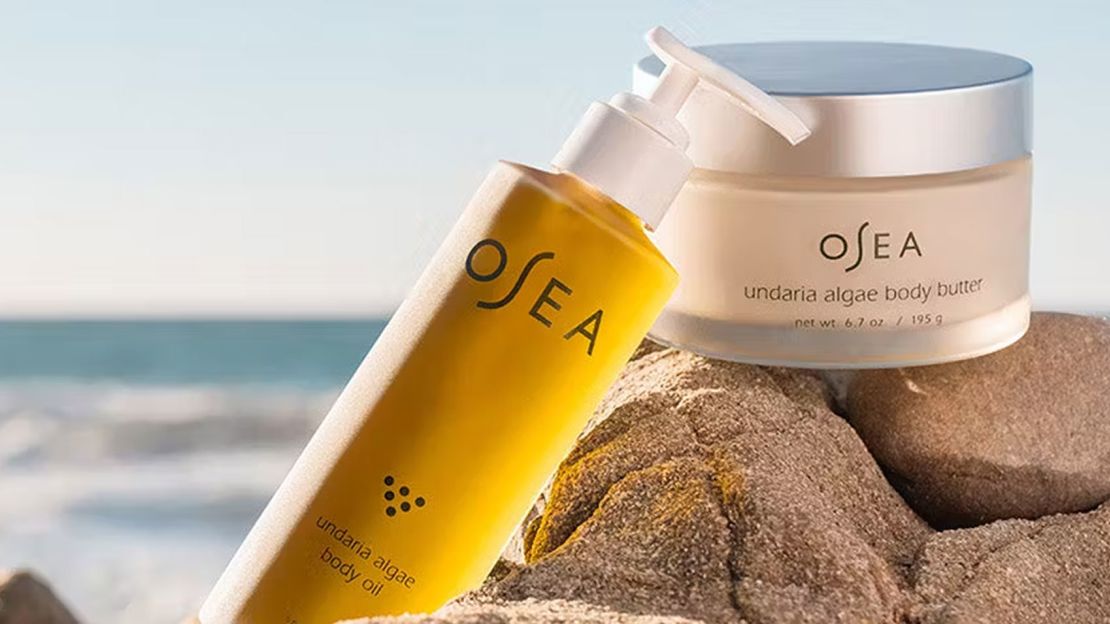
Osea’s editor-approved skin and body care products are made with eco-friendly practices like reducing carbon emissions and opting for recycled or recyclable materials wherever possible. The brand is climate neutral and ocean positive certified, meaning that it not only reduces its carbon footprint but is able to offset more carbon than it creates.
The Malibu-born brand also supports package recycling efforts, partnering with TerraCycle to provide an empties recycling program at its skin care studio in Venice, California. For every six Osea products brought in for recycling, you receive a $40 facial treatment credit.
This top-rated body oil is loved for its silky texture, pleasant scent and skin-softening results. You’ll notice an instant glow as your skin drinks this up.
Luscious and rich, with a delicious, sweet and citrusy scent, this body butter is one of our favorites for slathering on post-shower.
A calming night cream, this moisturizer touts anti-aging benefits from a plant-based retinol alternative derived from blue-green microalgae, plus vegan collagen and other botanical ingredients.
Zoya
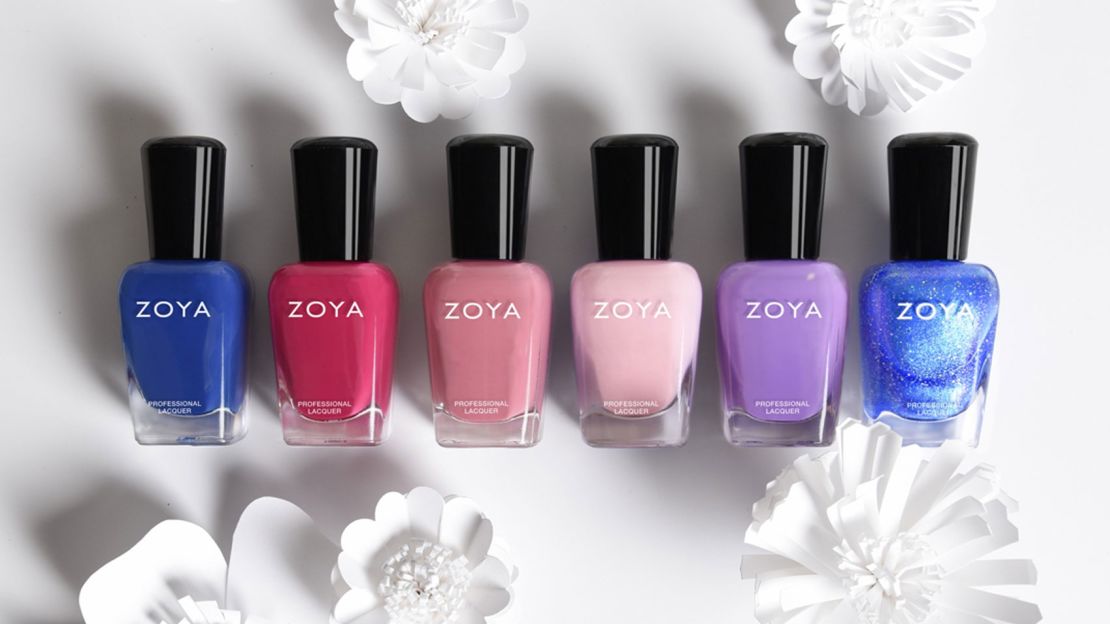
Zoya is currently running its annual Earth Month Nail Polish Exchange in which shoppers are rewarded with discounts just for stocking up on the brand’s vegan-friendly Big10 Free nail polish. Orders over $50 get 50% off with the code GREEN.
Additionally, the brand is accepting old Zoya nail polish bottles through a mail-back program. The cost of shipping the unwanted polish is the customer’s responsibility. Once received, Zoya will ensure the polish is disposed of according to environmental guidelines, taking that stress off the customer.
Zoya has hundreds of nail polish colors to choose from. We’re loving the ethereal look of this oyster shell holographic, available in Zoya's new two-coat formula.
Sample six seasonal shades with this cute set of mini polishes. The smaller bottles are intentional. Since most consumers don’t finish a bottle of nail polish before it expires, offering a smaller vessel to begin with encourages full use of each color.
